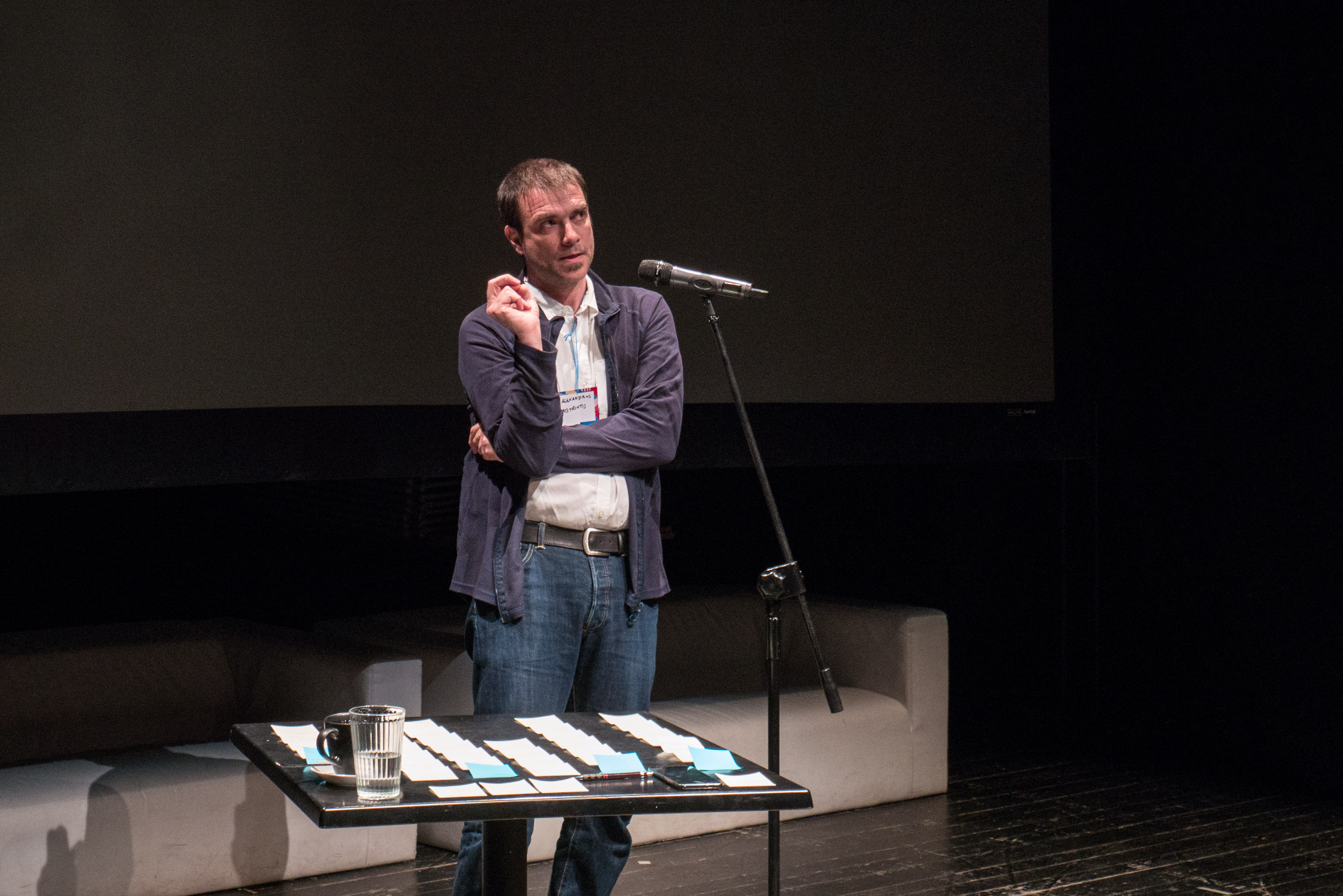
Community

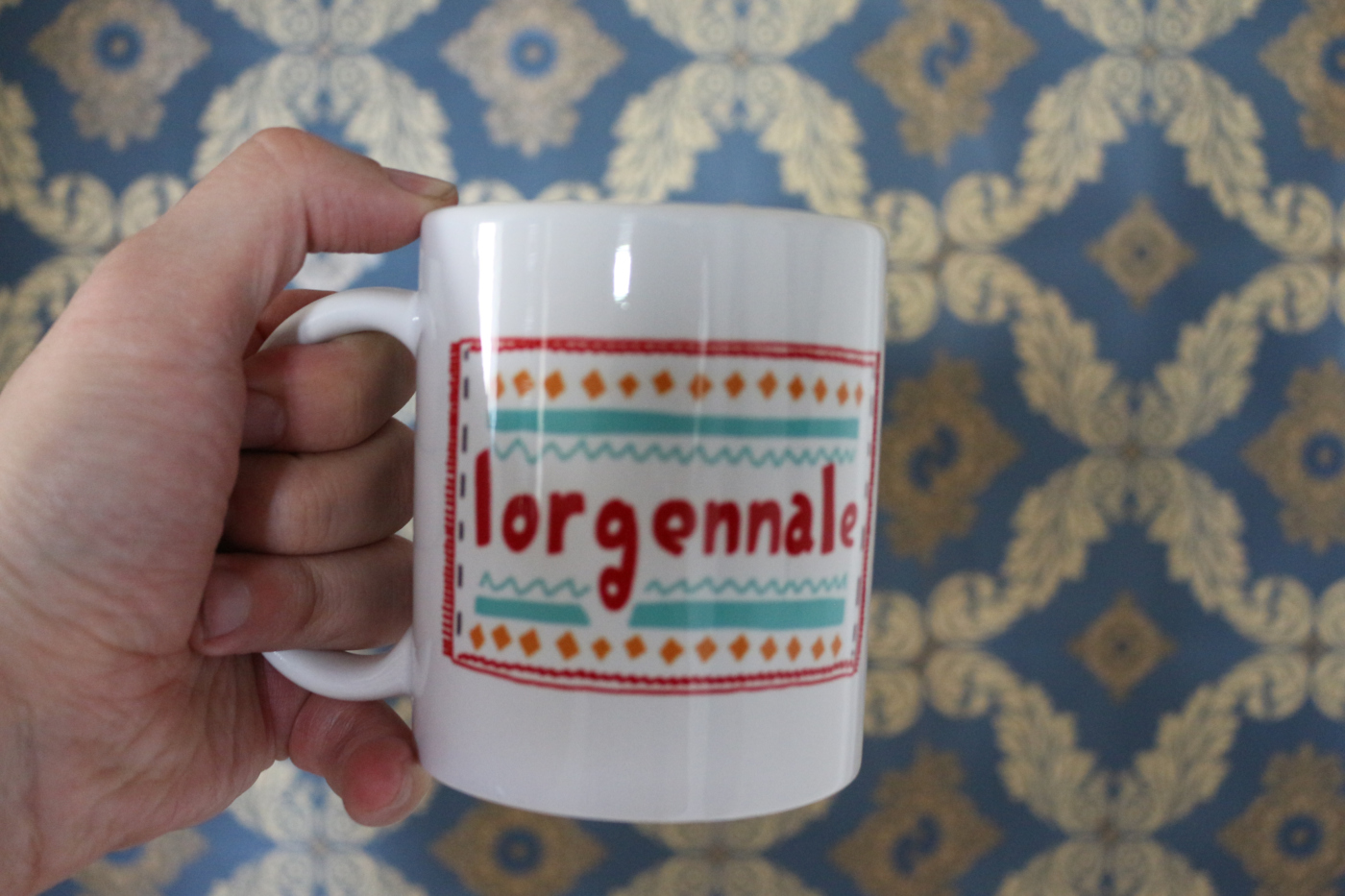
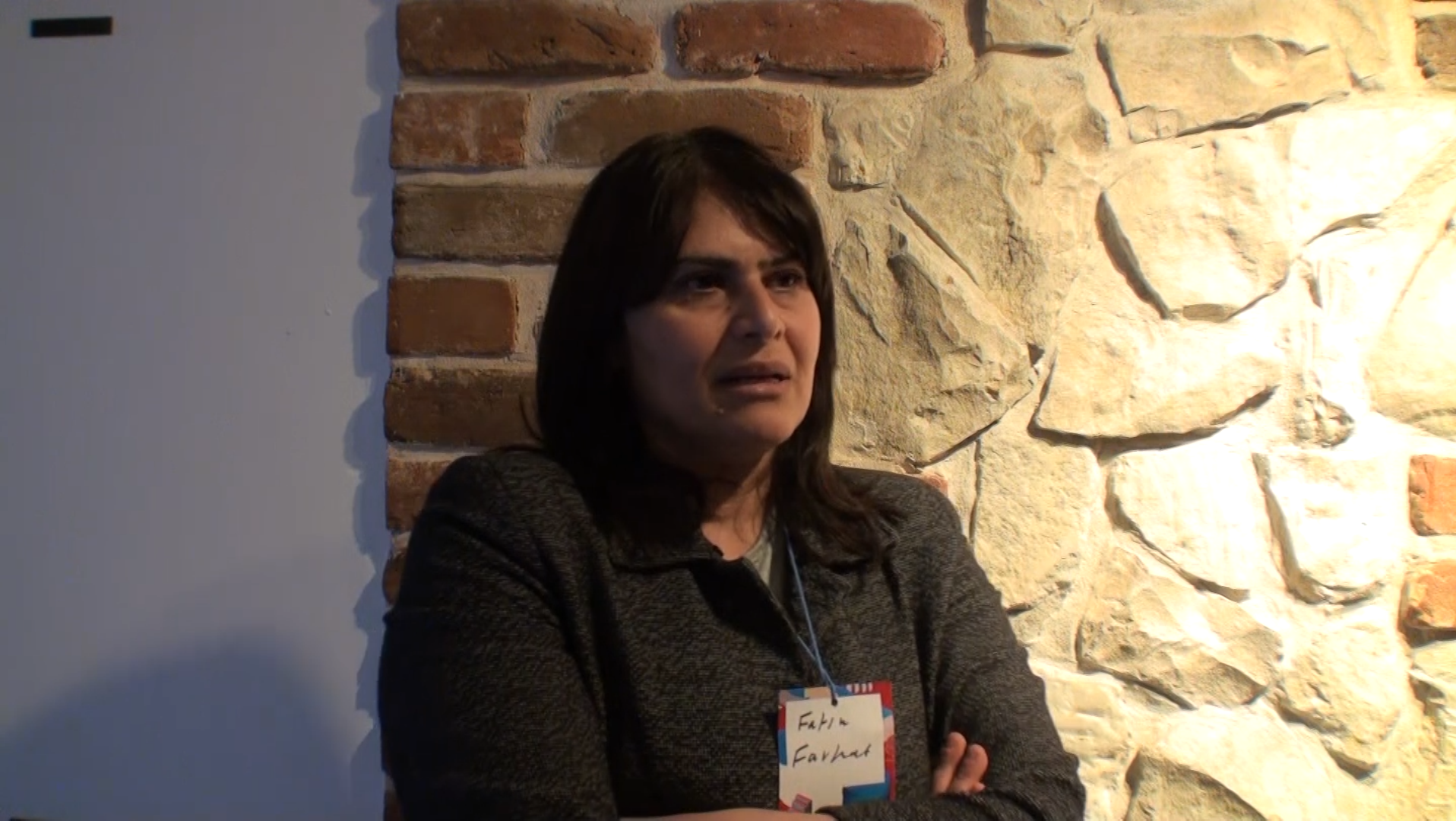
Fatin Farhat on cultural sector in the MENA region
Fatin Farhat, a Palestinian based cultural worker from Ramallah talks about art sector in Palestine and MENA region, as well as about RAWA, a bottom up funding initiative. Fatin is currently enrolled in the Cultural Policy program at Hildesheim University as a Ph.D., examining the potential of inviting new practices to grassroots cultural initiatives, while highlighting the potential role local governments can play in fostering community/citizen participation and cultural development in Palestine.
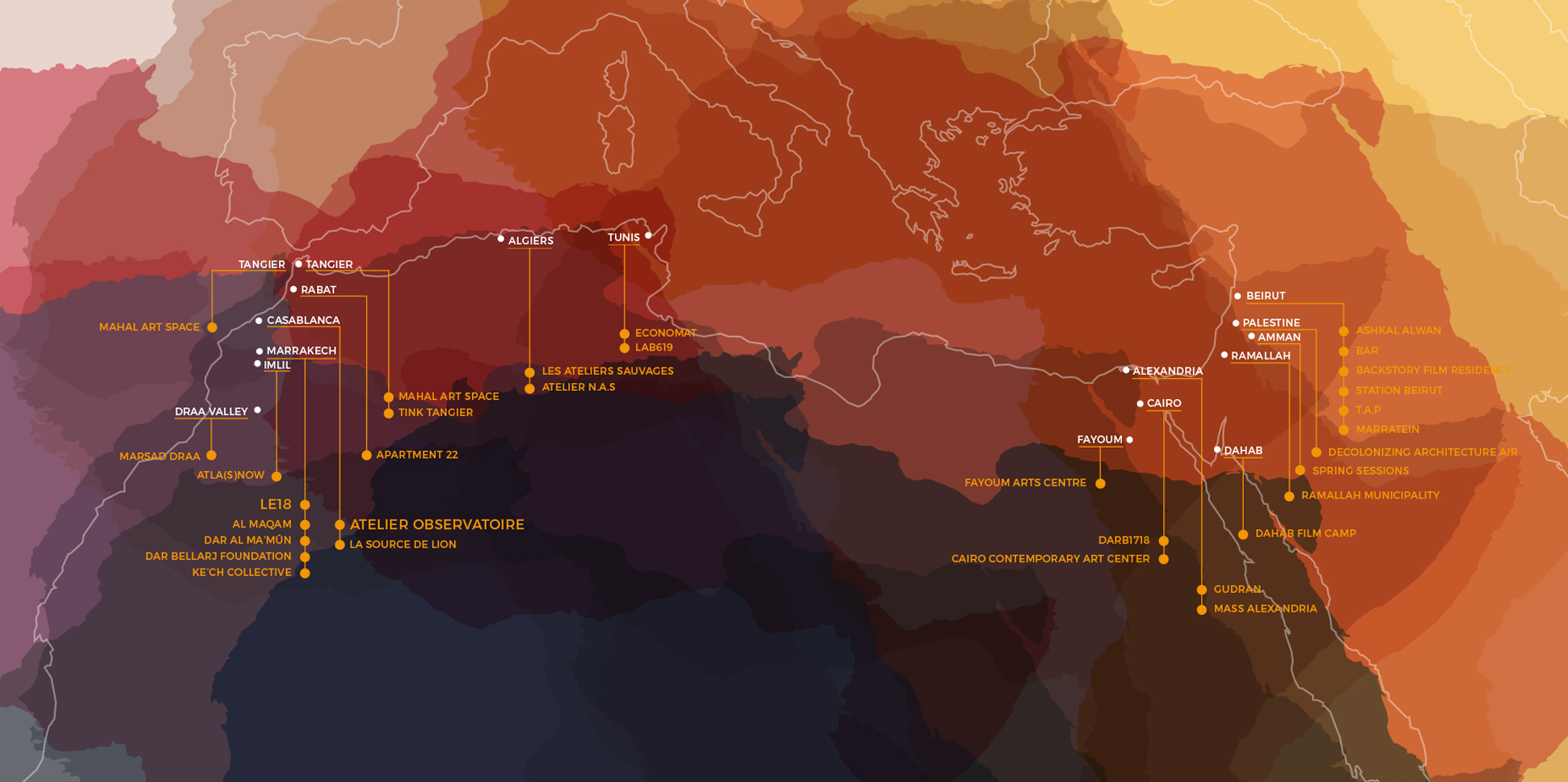
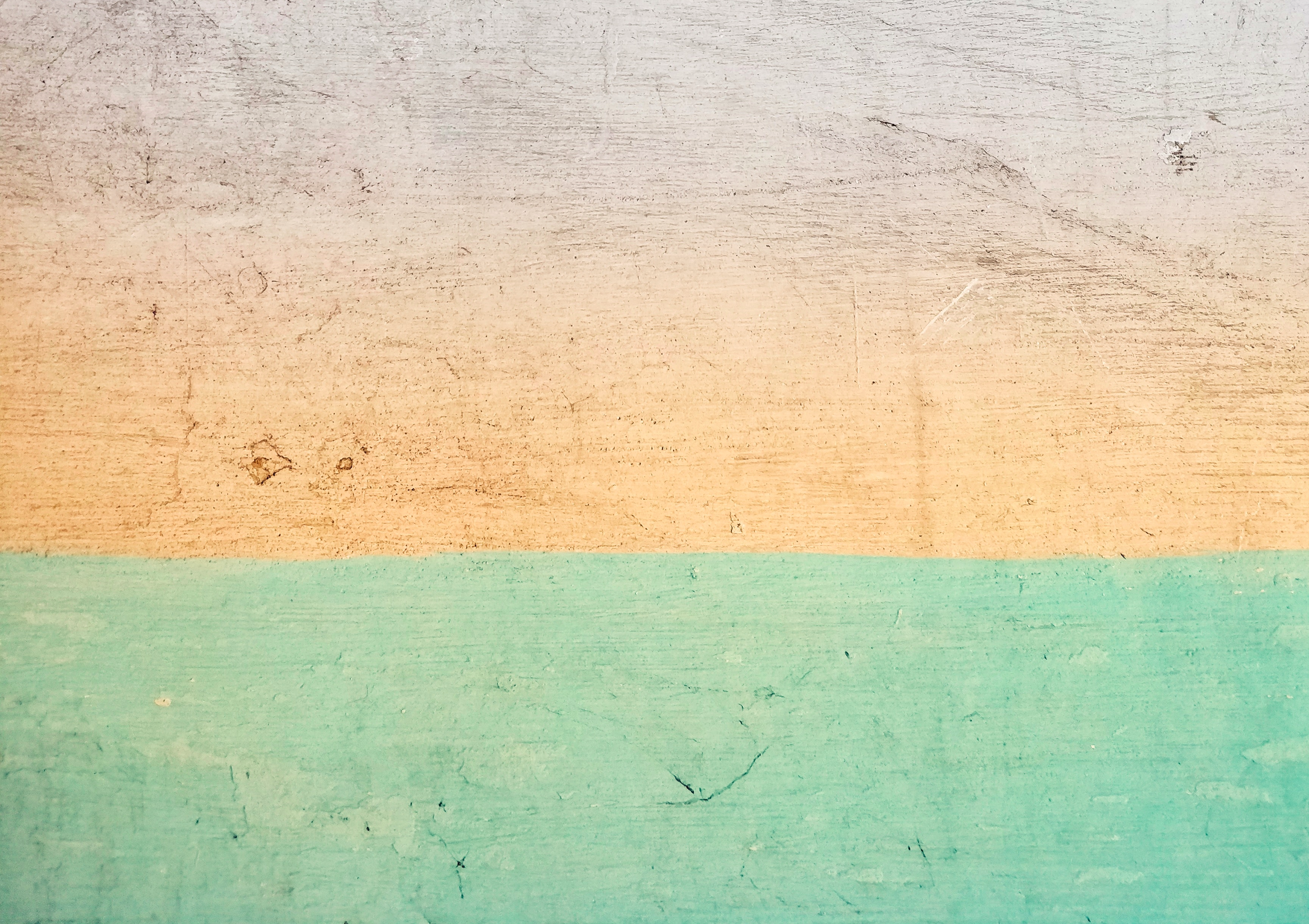
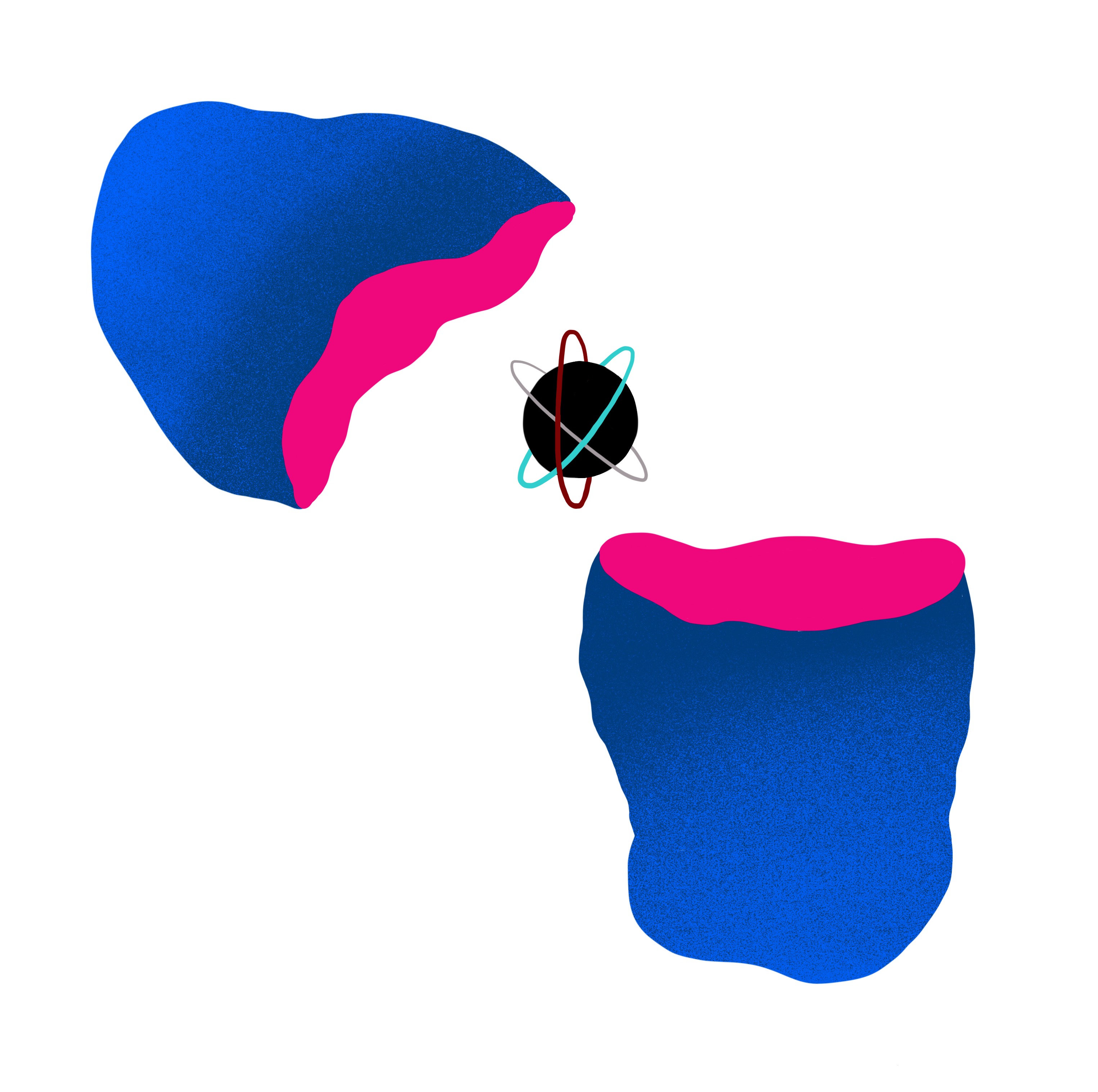
Value of Art in Social Fabric: Wide Field and Complex Questions
Role of art in society considers complex relations between artists, public, media, founders and institutions. It is determined by different social and political contexts, but also by individual artistic practices. The group has opened different theoretical questions in order to establish a framework which would impact their artistic and living environment. The main keywords were: equality, solidarity and sustainability in-between mentioned instances: artists, founders and institutions, and people.
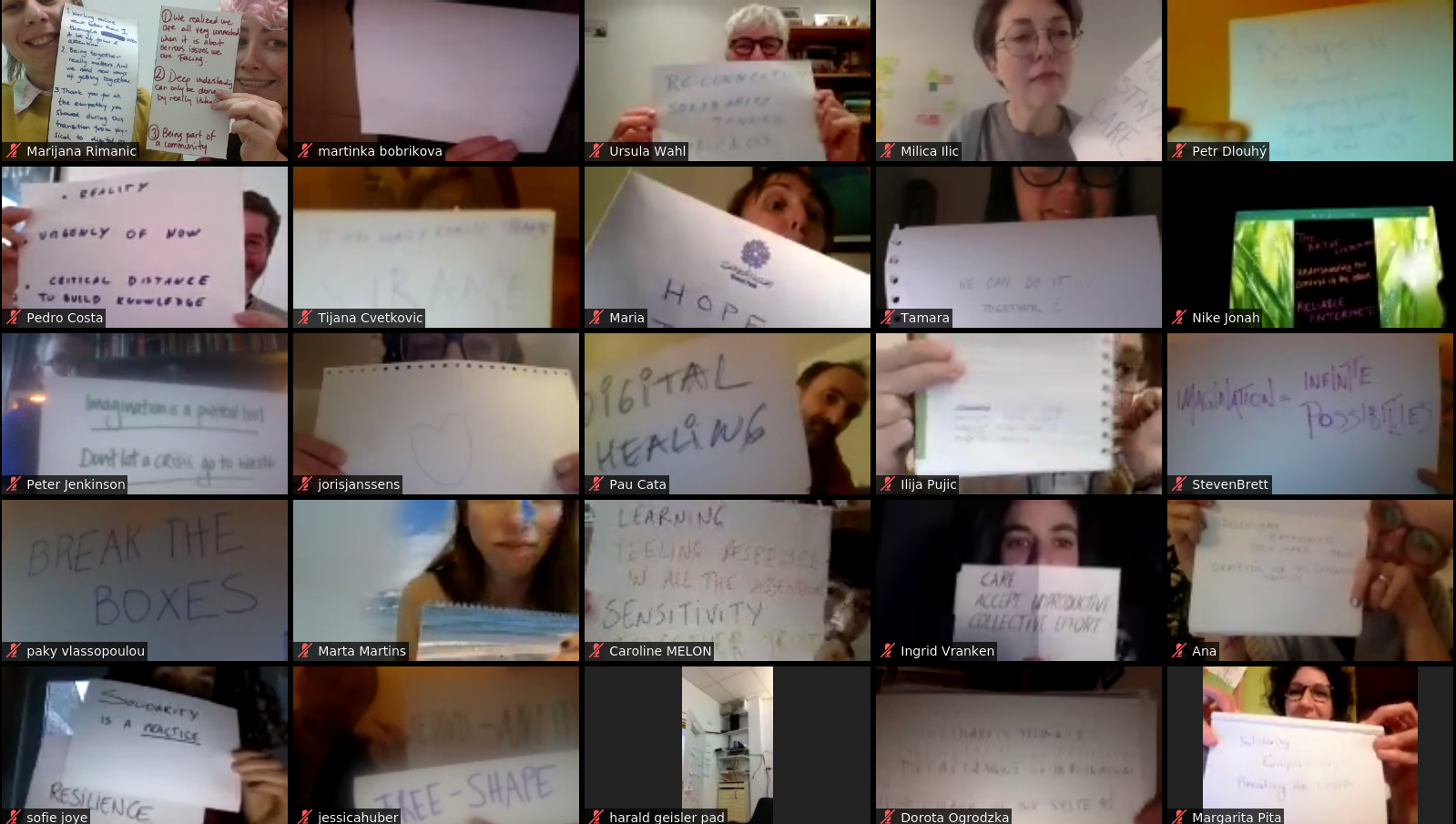
Reshaping Zagreb Intensive: How We Switched From Physical to Digital
RESHAPE (Reflect, Share, Practice, Experiment) is a 3-year trajectory aiming at the development of new organisational models for a fair, sustainable, solidary and geographically balanced arts ecosystem in Europe and South Mediterranean countries. Forty artists and art professionals (we call them ‘Reshapers’) are working in small groups on answers and proposals around 5 complementary topics like value of social fabric, fair governance, solidarity funding, trans/post national practices and art and citizenship. Apart from these workshops in small groups, all Reshapers work together during a week in the form of an ‘intensive’; one was organised in Cluj in November 2019 and a second one was planned from 9 to 13 march in Zagreb, Croatia.
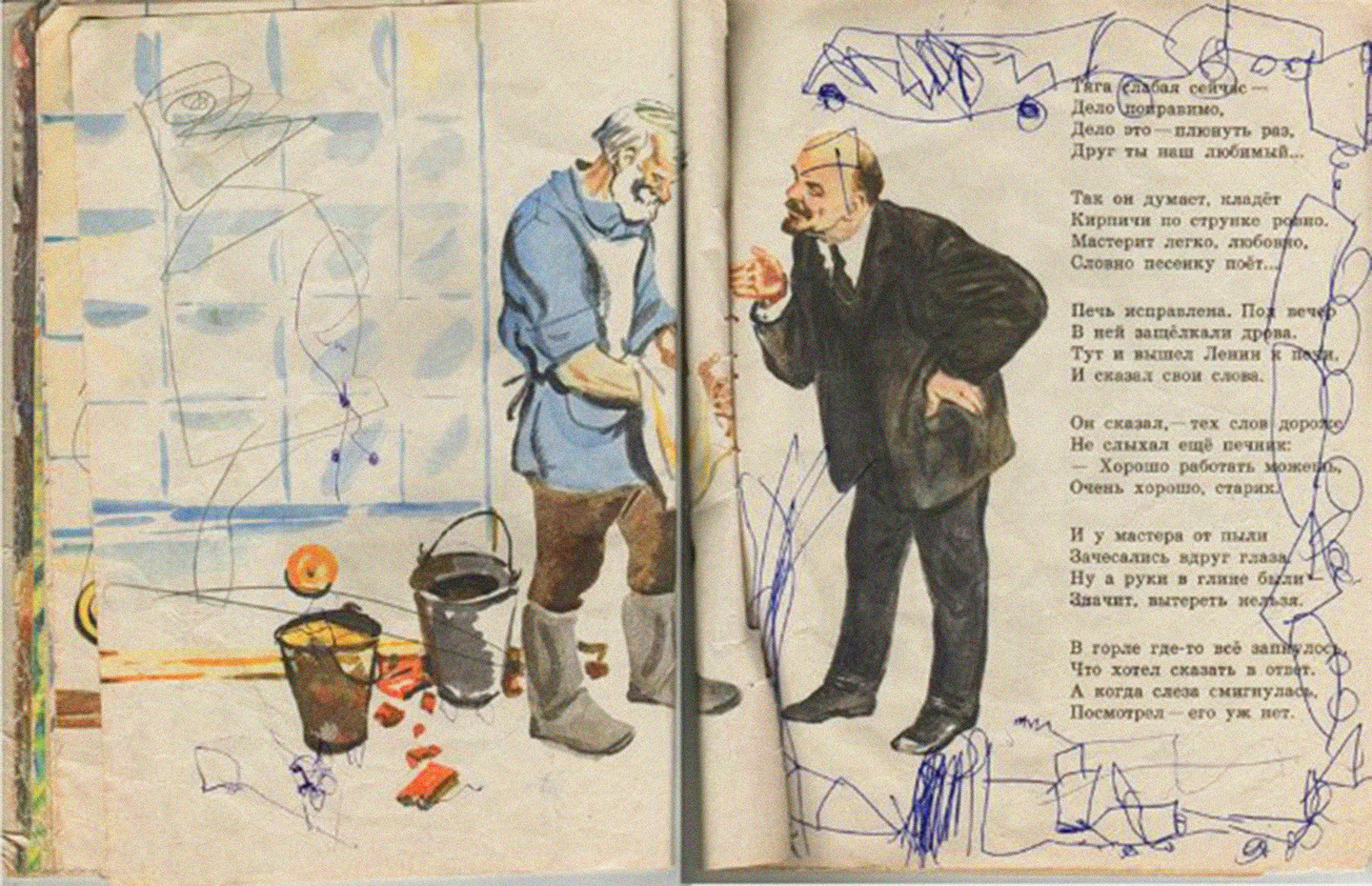
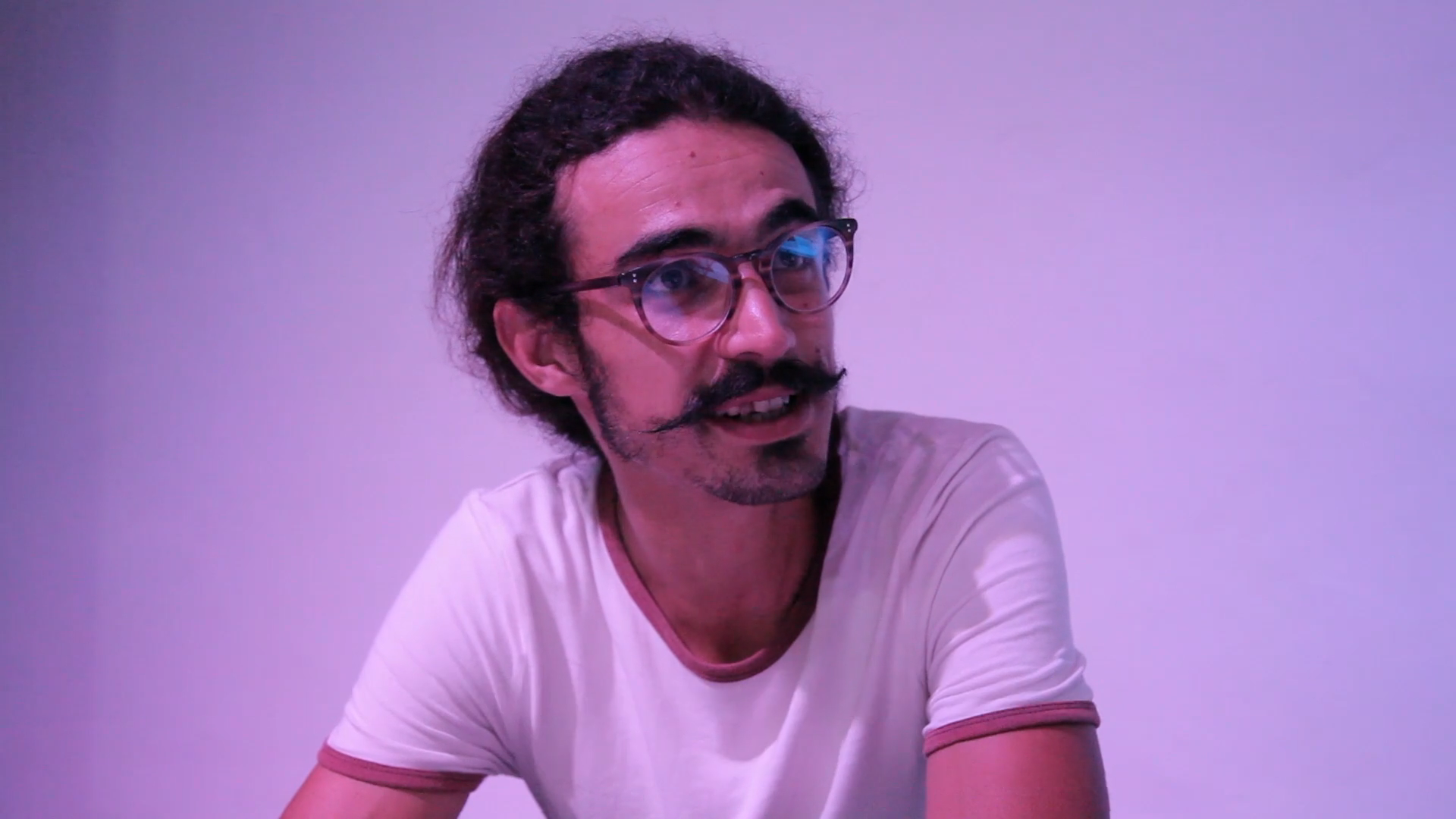
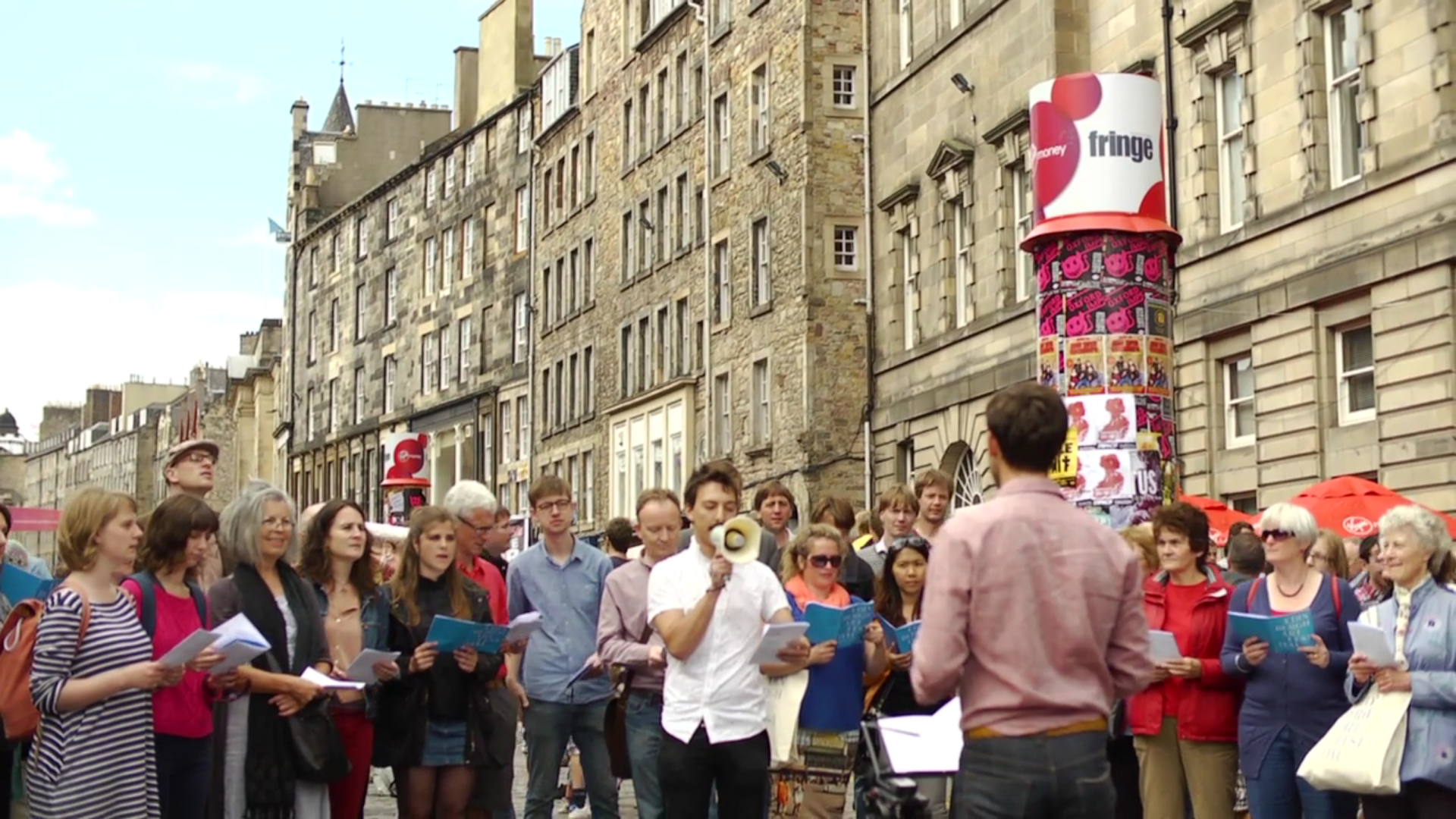
Workshop in Edinburgh: How can art radically imagine new forms of citizenship and empower us to act?
A university created and run by refugees > Social enterprises forged through vulnerable street children creating a circus > Historic injustices and everyday niggles aired and shared through joining a complaints choir > An energy cooperative developed from street parties > A nation-wide exchange economy fuelled through independent music festivals > Urban transport nightmares tackled through graffiti vigilantism > An inclusive cross-generational school fashioned collaboratively inside a recently re-opened nuclear exclusion zone ...
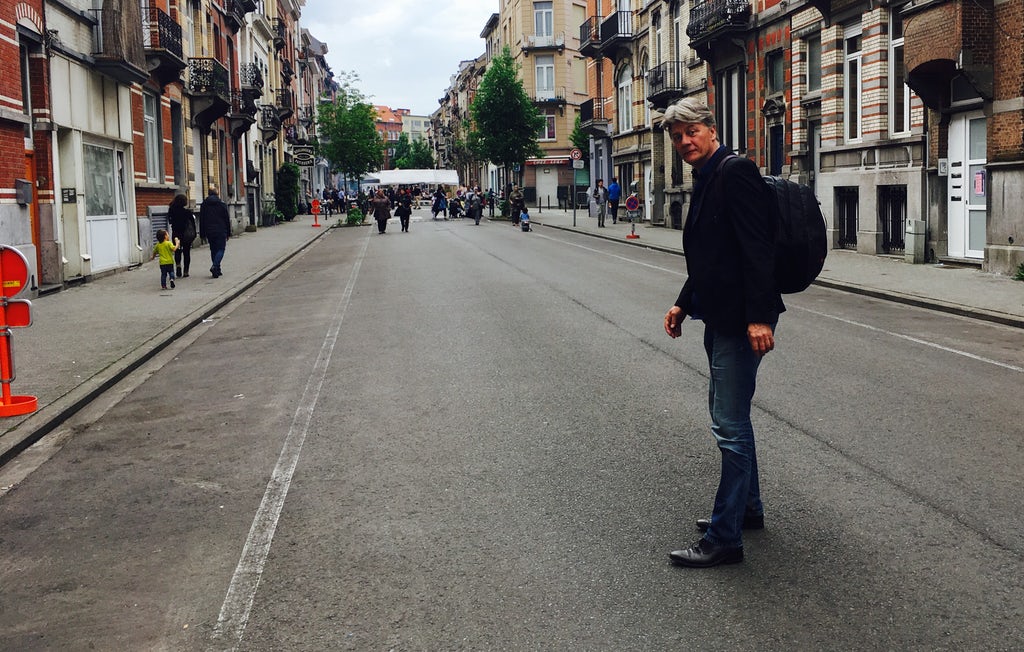
Brussels. In search of territories of new-urban creation. — by Chris Keulemans
This text is a report of a month in Brussels. No more, no less. The report of a month spent walking, talking and observing. At the invitation of Flanders Arts Institute and in particular of Sofie Joye, in charge of Diversity, Urbanity and Emerging Artists.
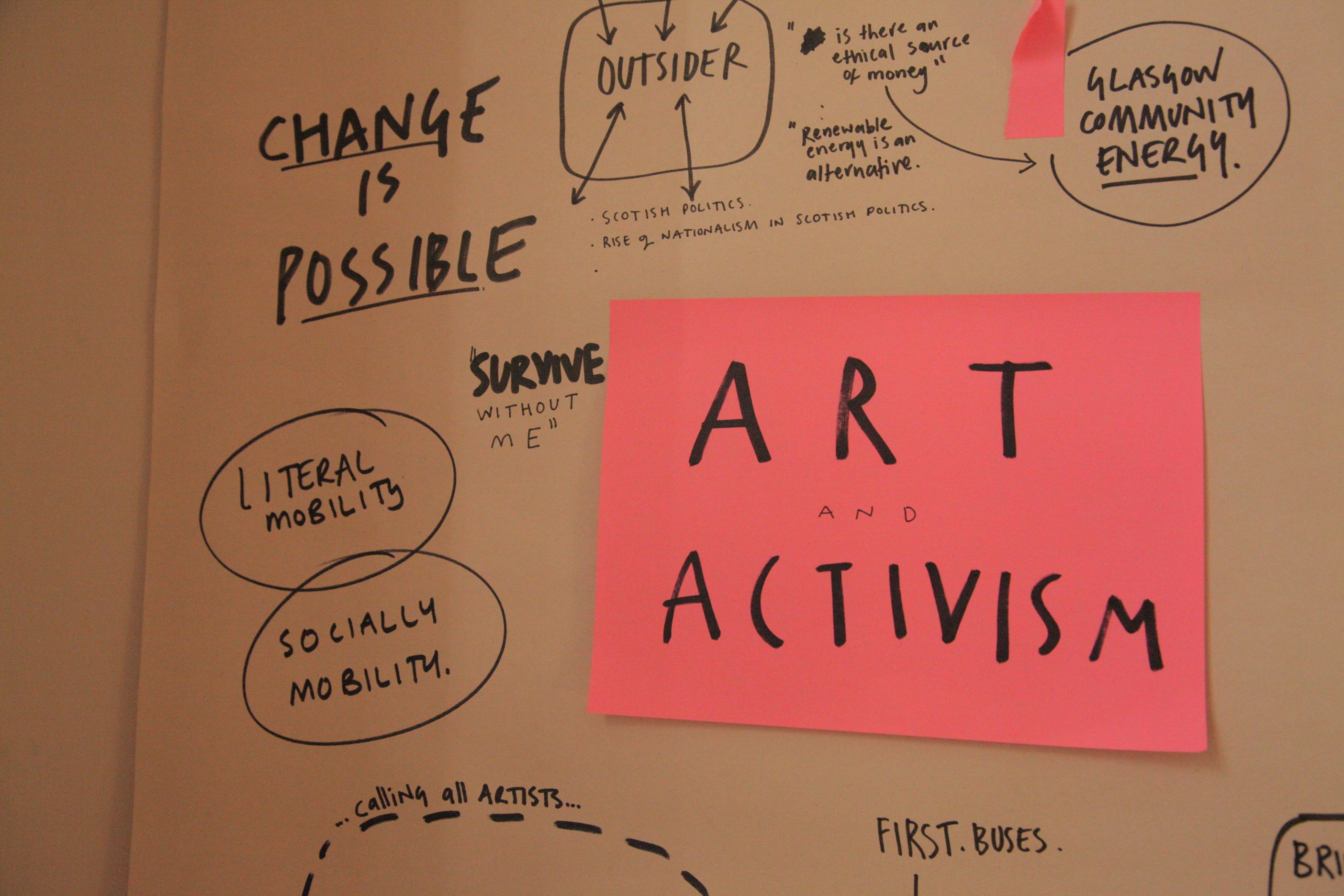
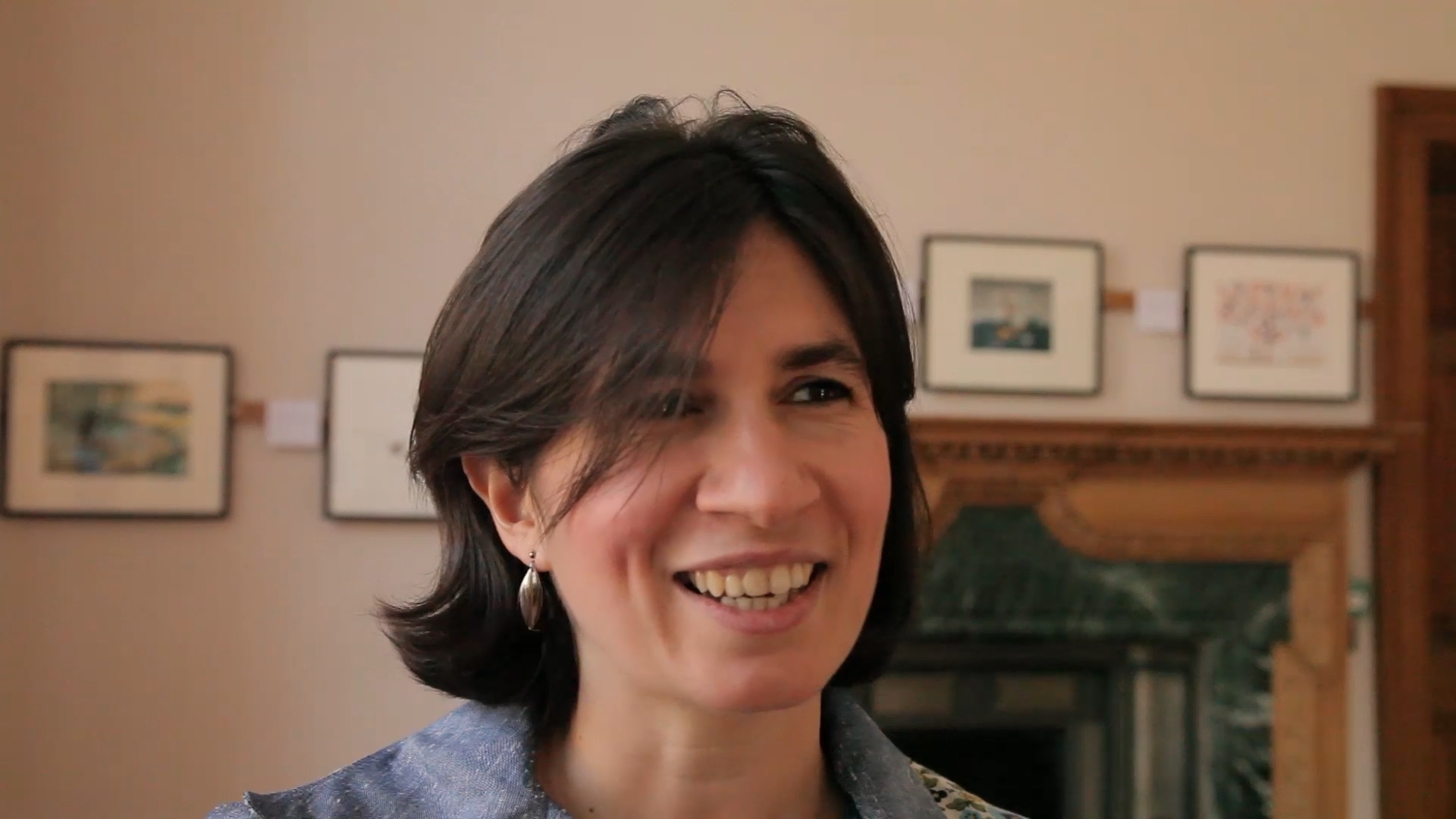
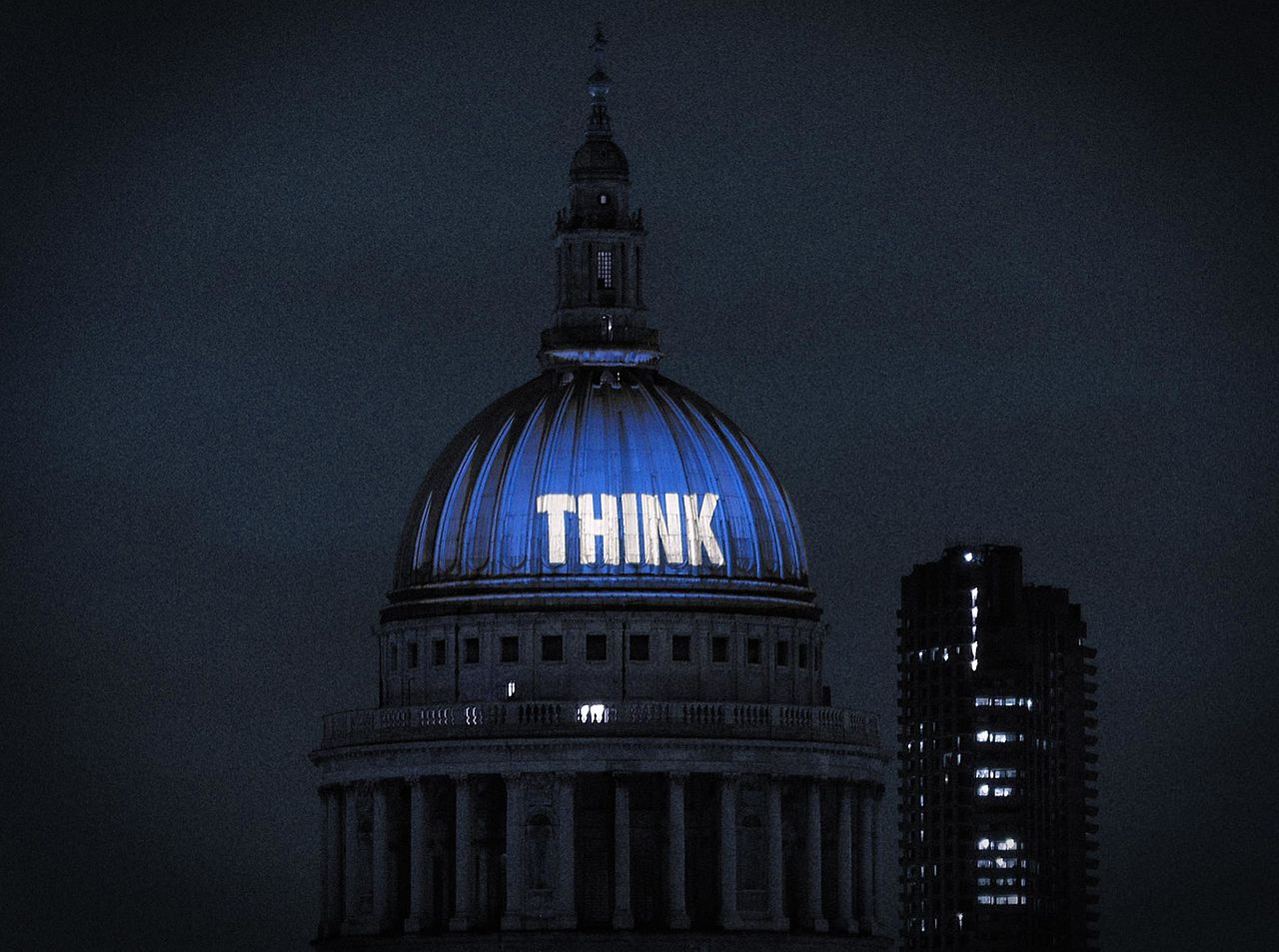
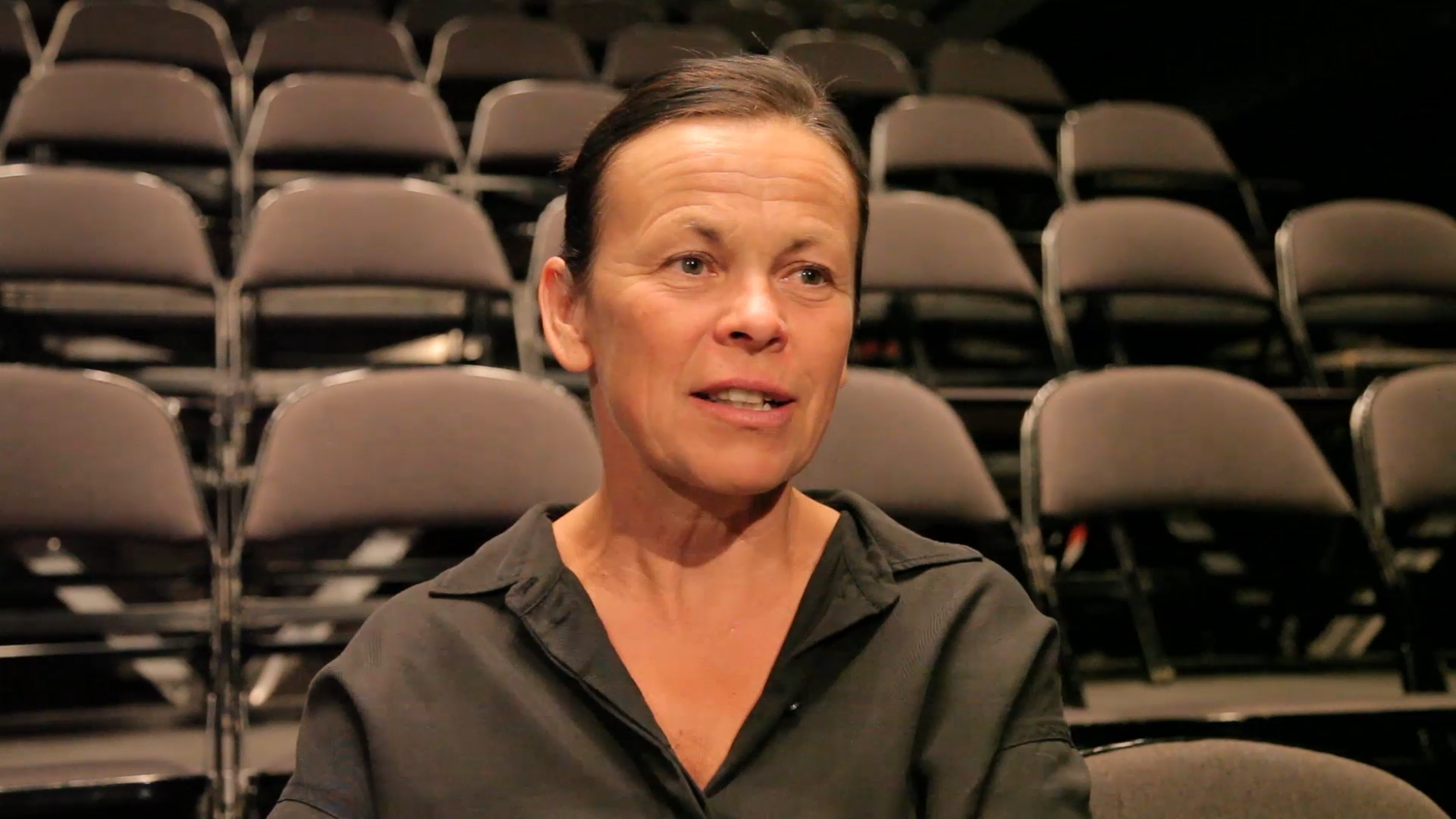
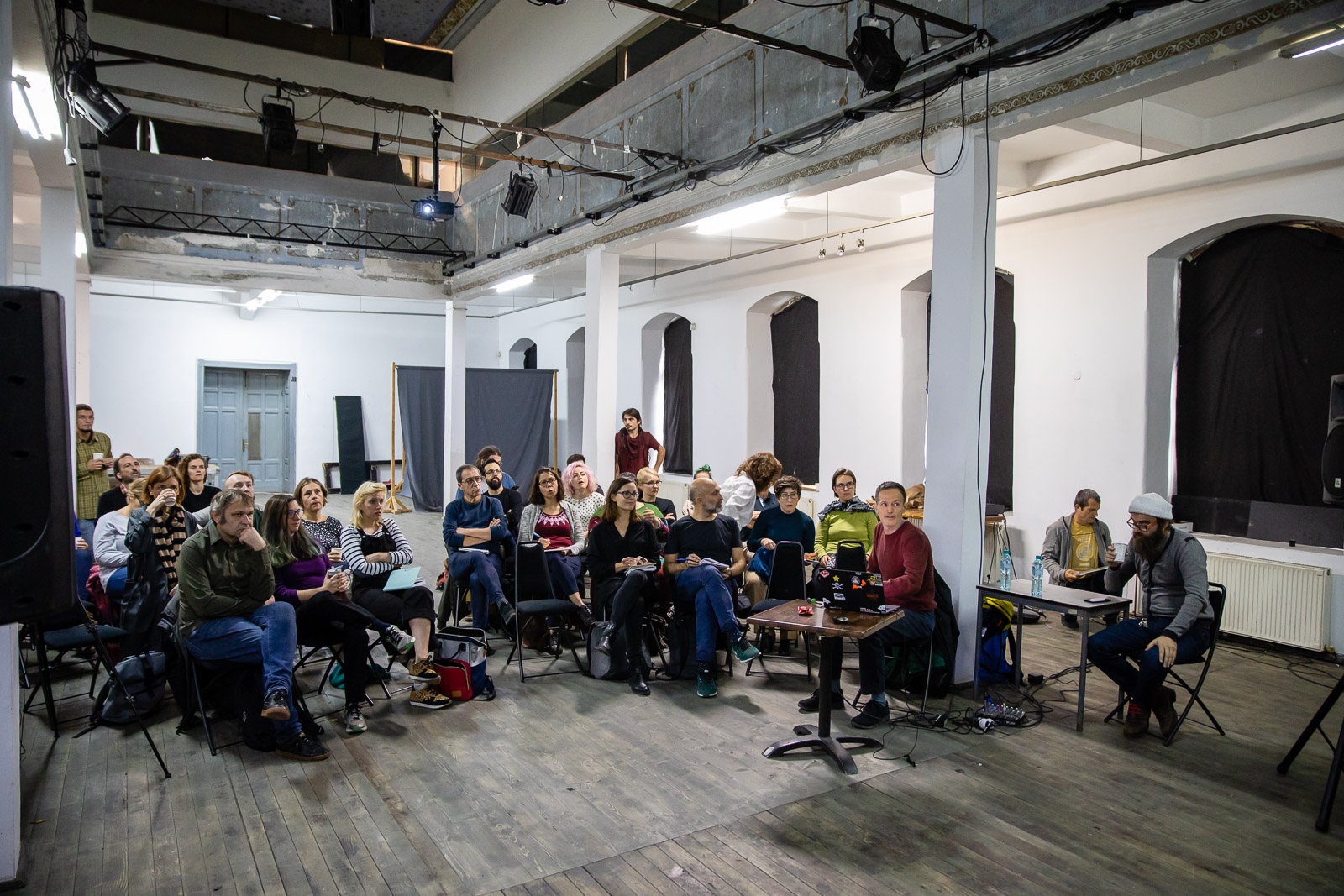

What kind of art should we develop so it could match social needs?
We are asked how the ‘value of art’ could be promoted in the ‘social fabric’? But, based on the practices we are developing in the Minipogon, we would feel more comfortable reversing this question in the following way: What kind of art practices should be developed so they could match real social needs, while making art finally purposeful for the society as a whole?
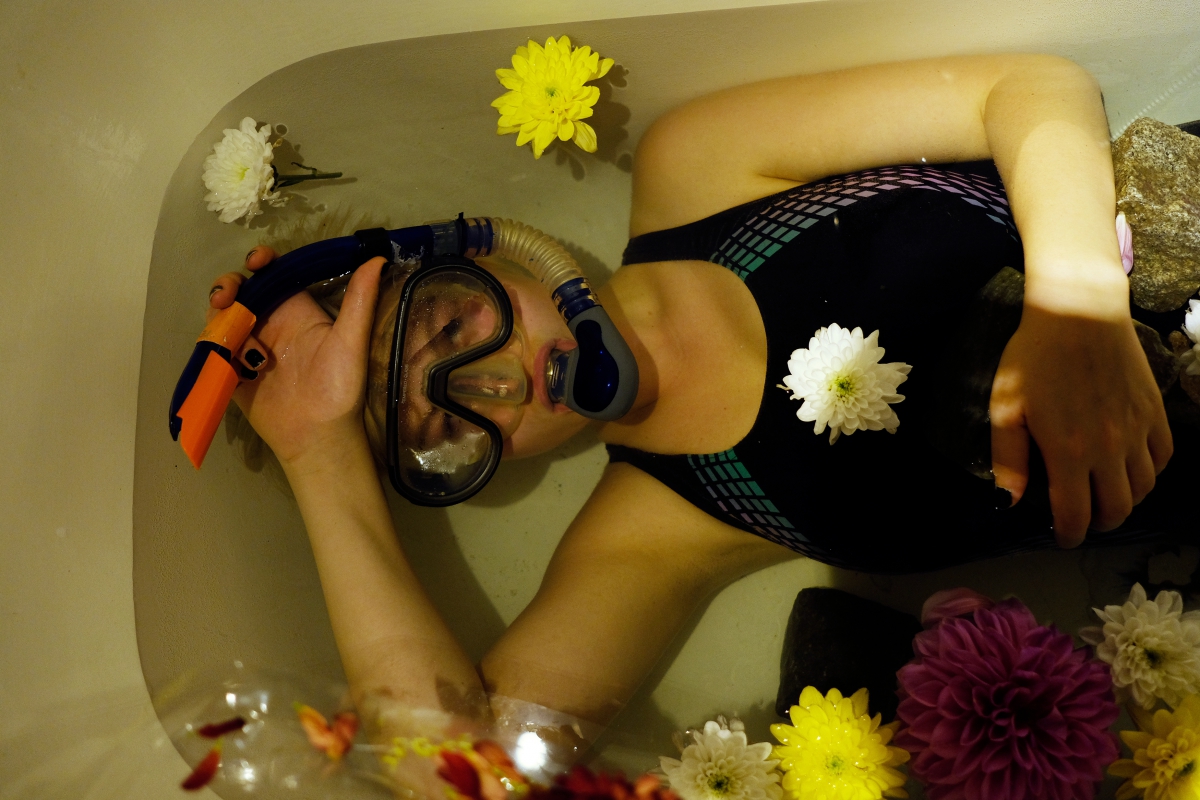
We Wanna Sleep With Common People
These days are really important days for me. I am selling my home. 30 square meters of size and over 10 year of life in these walls. It hosted my life and my work; what is now called homemade culture. In this little box I called home, I created my own festival, more than one actually. Three. They’ve all left by now, they live across Romania and abroad.
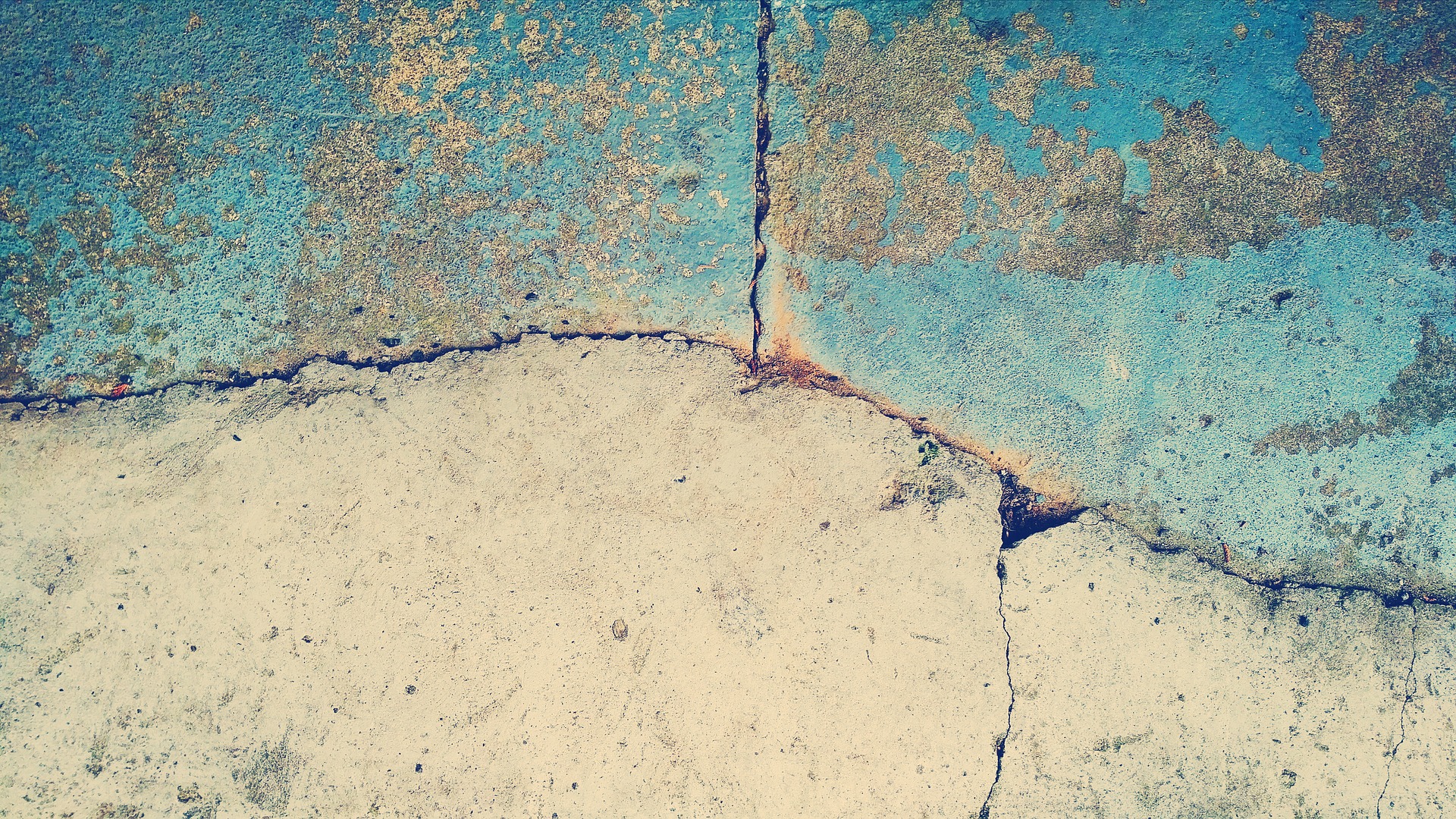
Art as a Tool for Social Transformation
From its capacity of generating changes in the collective imaginary, producing forms of critical thinking, inventing new ways of doing or proposing new formulas of social organization, art can be a practical tool for contributing to processes of social transformation. In this sense, when we talk about practices that are at the junction of art and social fabric, some of the most nutritious areas can be those of collaborative art, public art, practices close to activism, cultural mediation, art and education, or community culture. —— by Marina Urruticoechea (Sarean + Wikitoki + Karraskan)
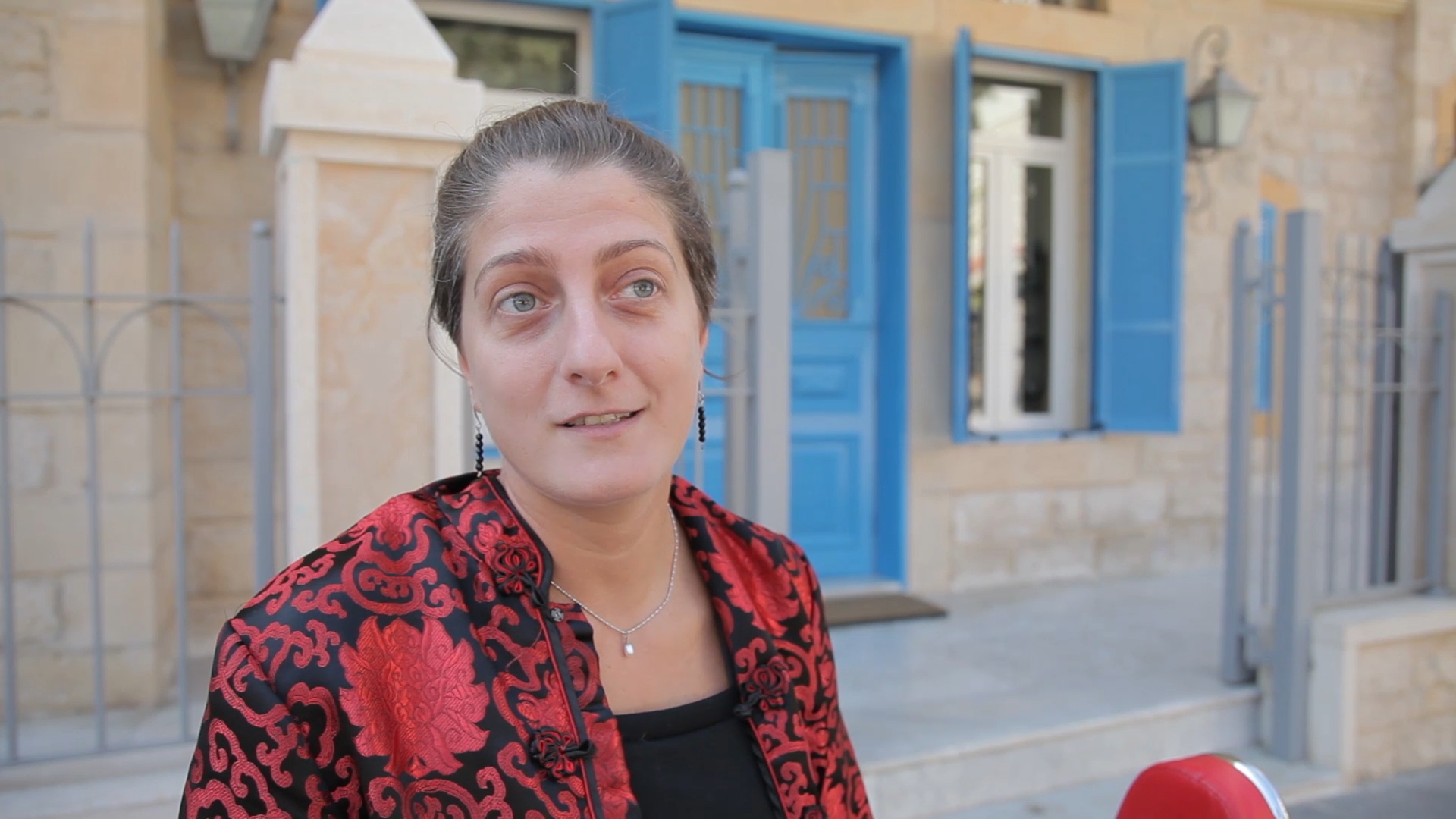
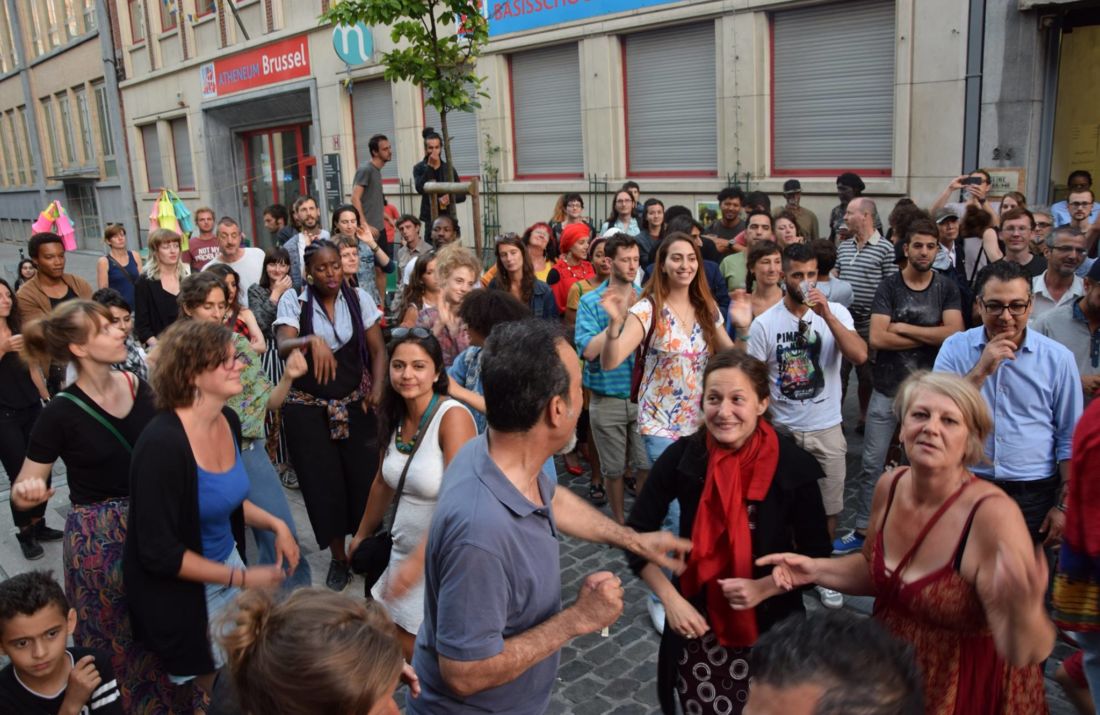
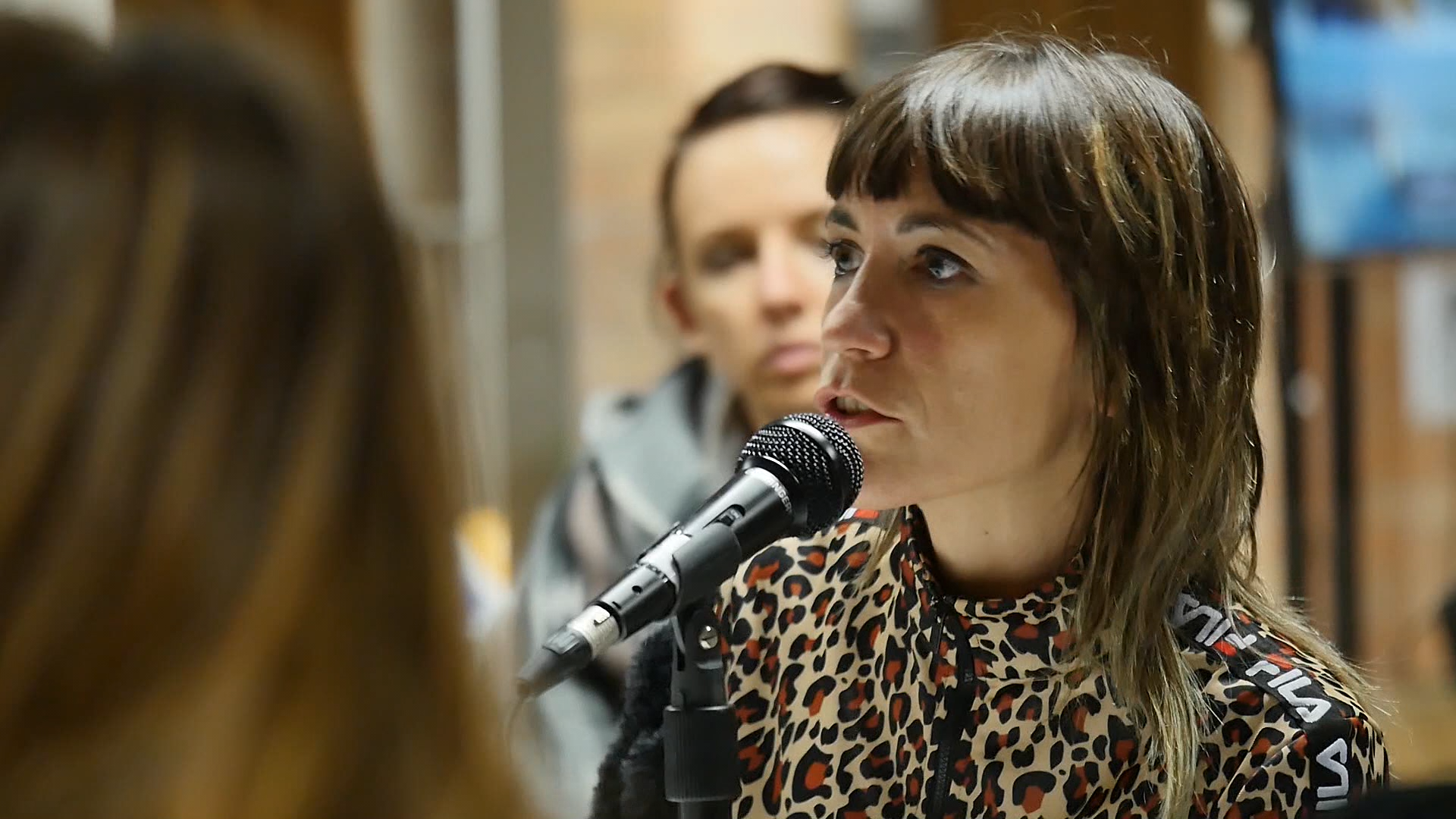
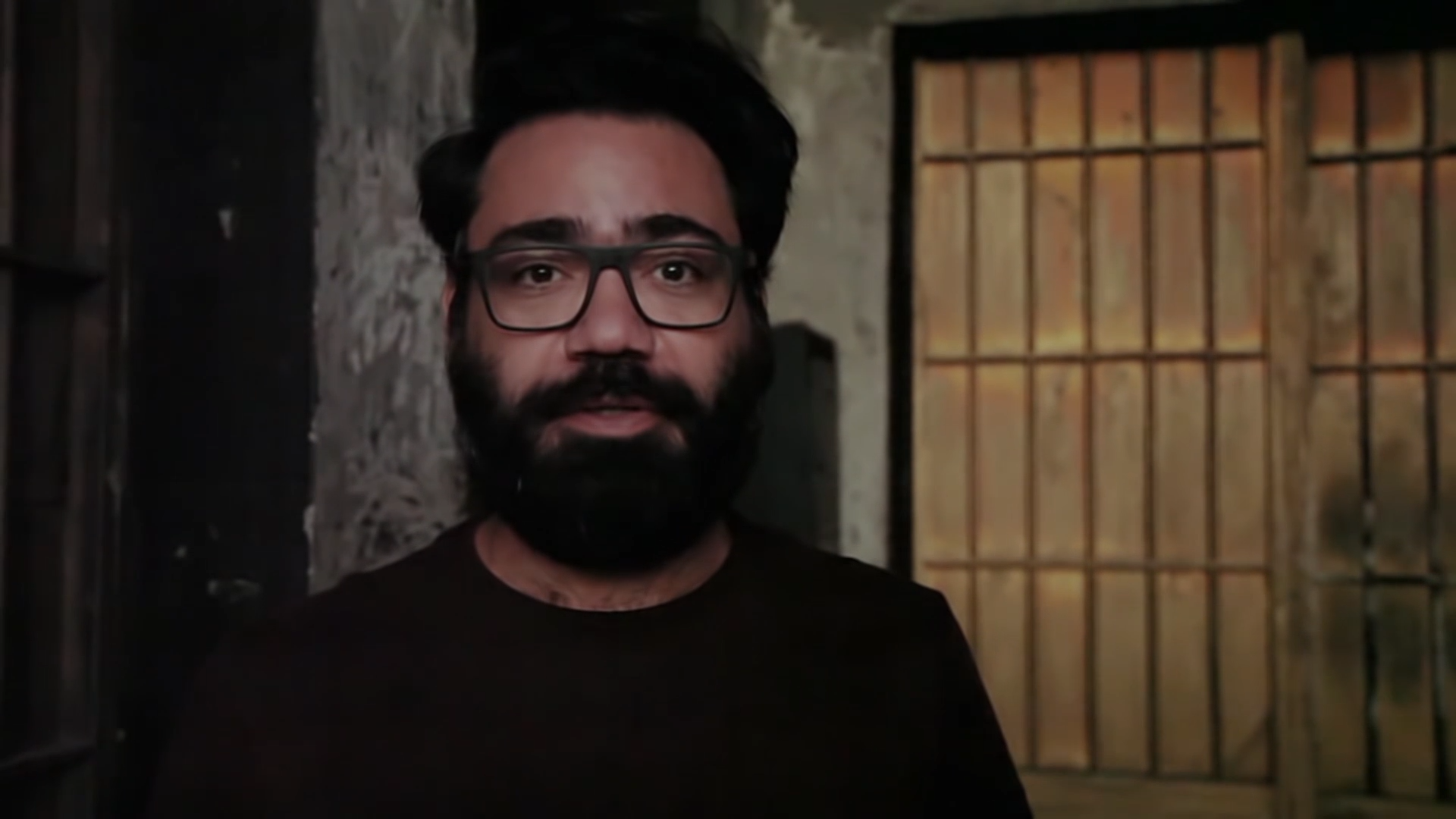
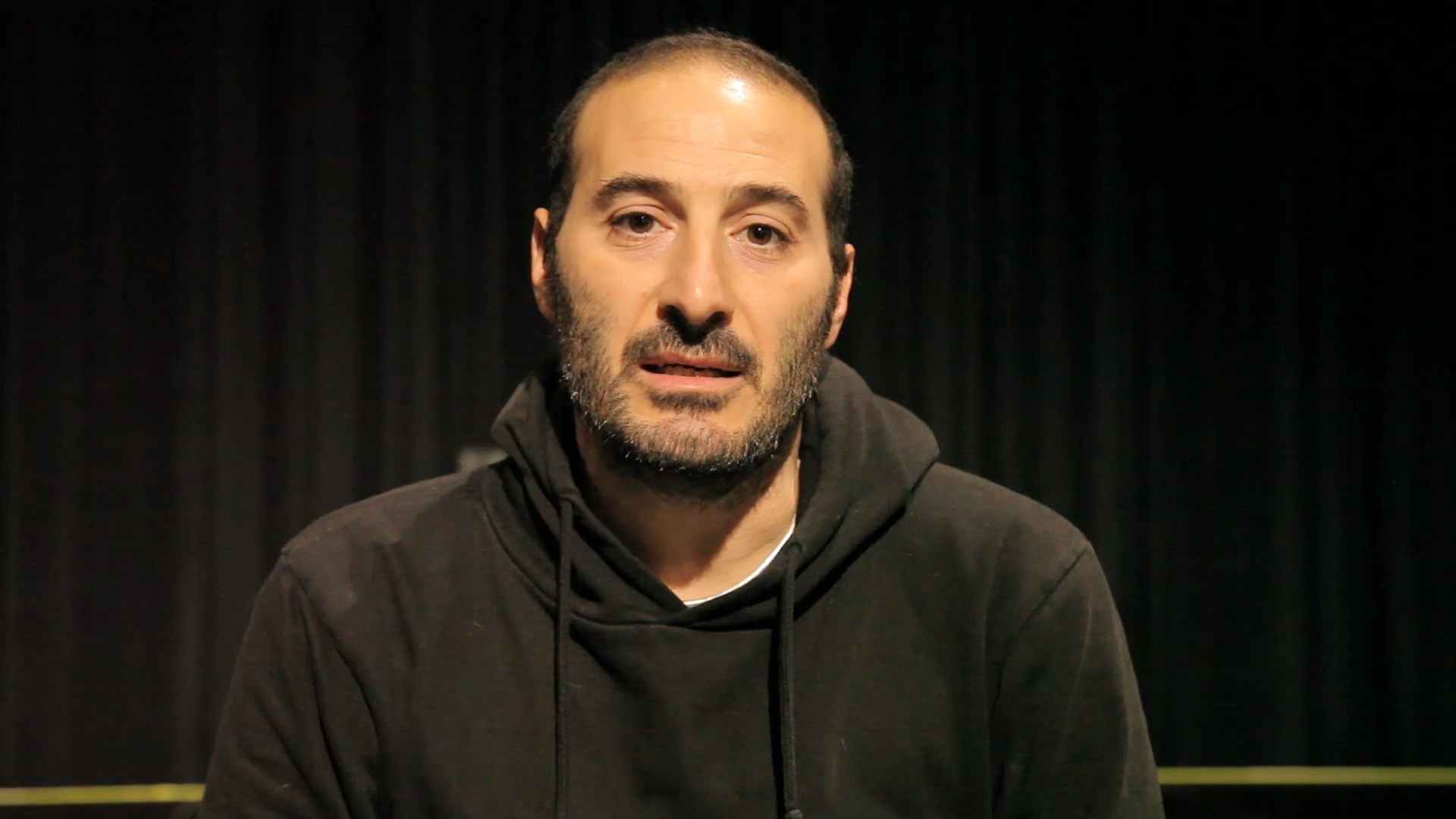
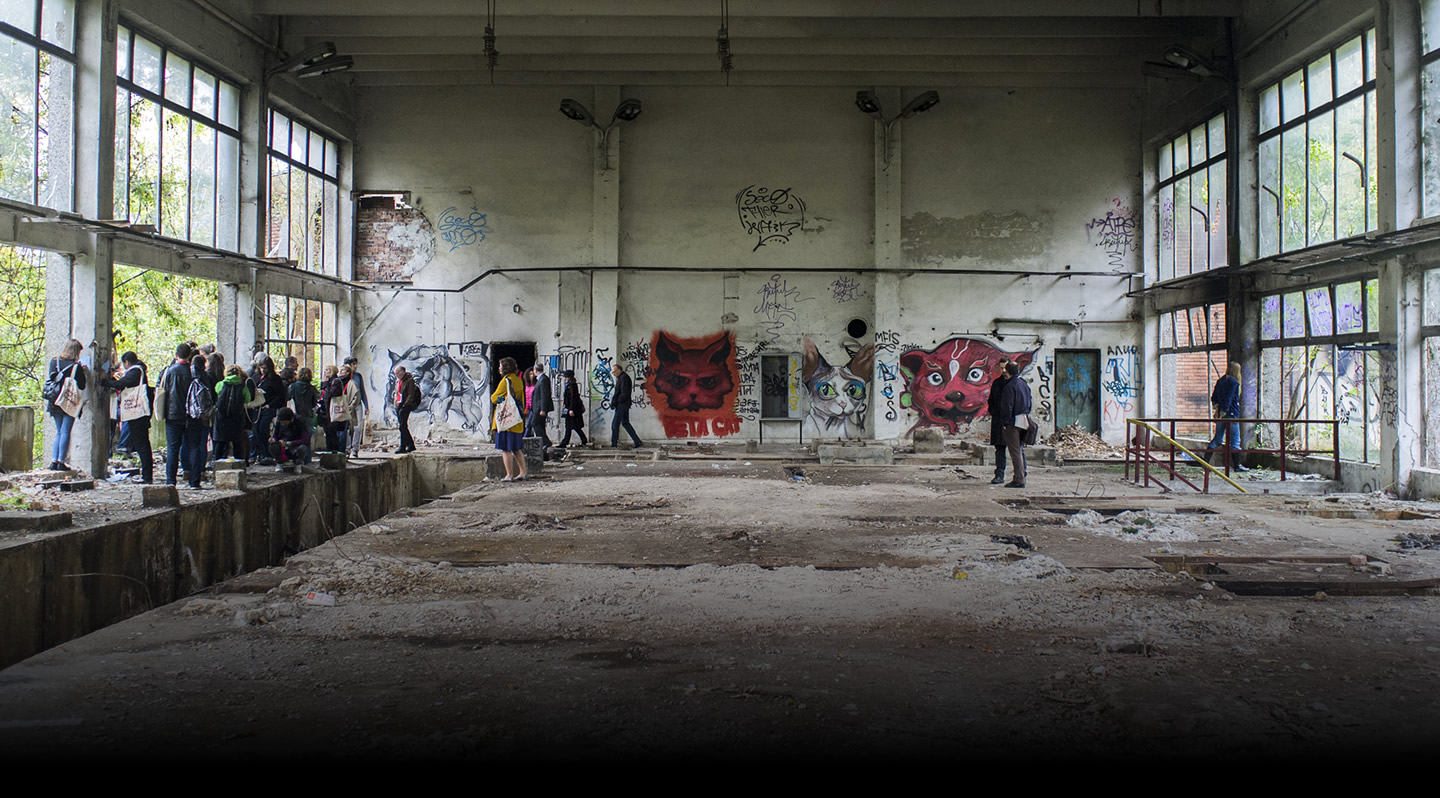
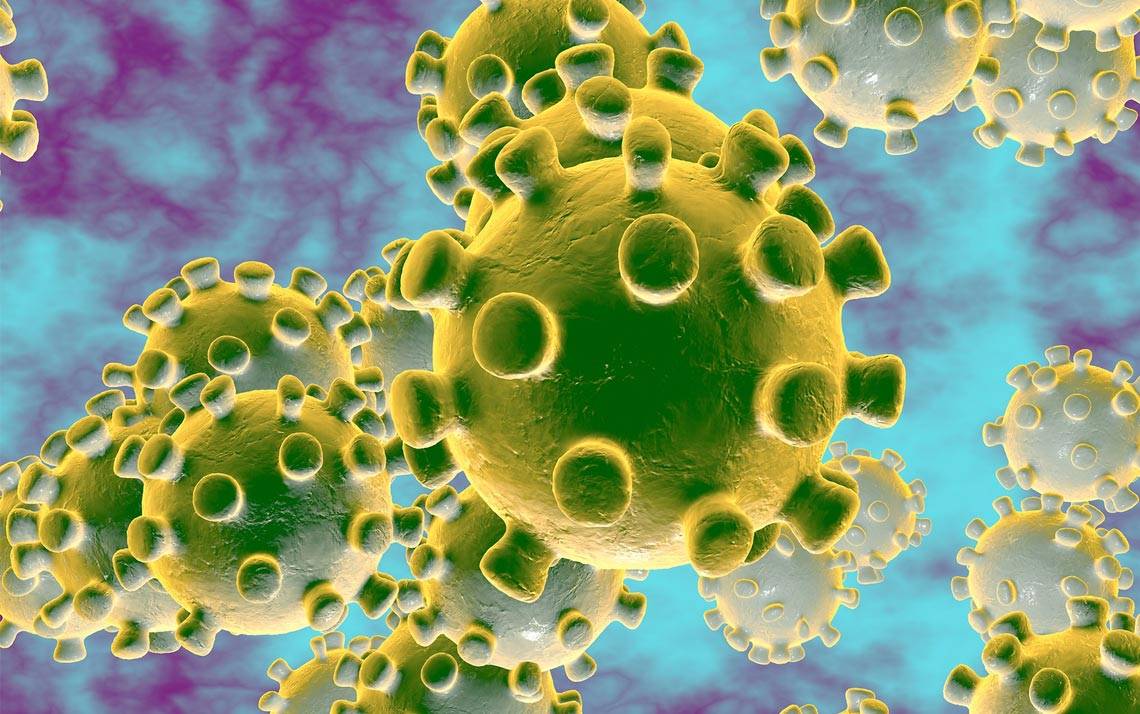
Arts and Culture in the Age of Corona
Four days before Reshape Zagreb Intensive was supposed to start, we made a decision to cancel it due to the spreading of coronavirus all over Europe. 80 arts and culture professionals who were supposed to come to Zagreb committed to work online instead of traveling, in order not to jeopardize their own and other people's health.

A conversation about Reshape at La Lleialtat Santsenca guided by La Fundició and Radio Cava-Ret
Listen to the radio talk about the Reshape project that was made in Barcelona during the Art and Citizenship workshop. The radio talk took place at Lleialtat Santsenca and was guided by La Fundició and Radio Cava-Ret.
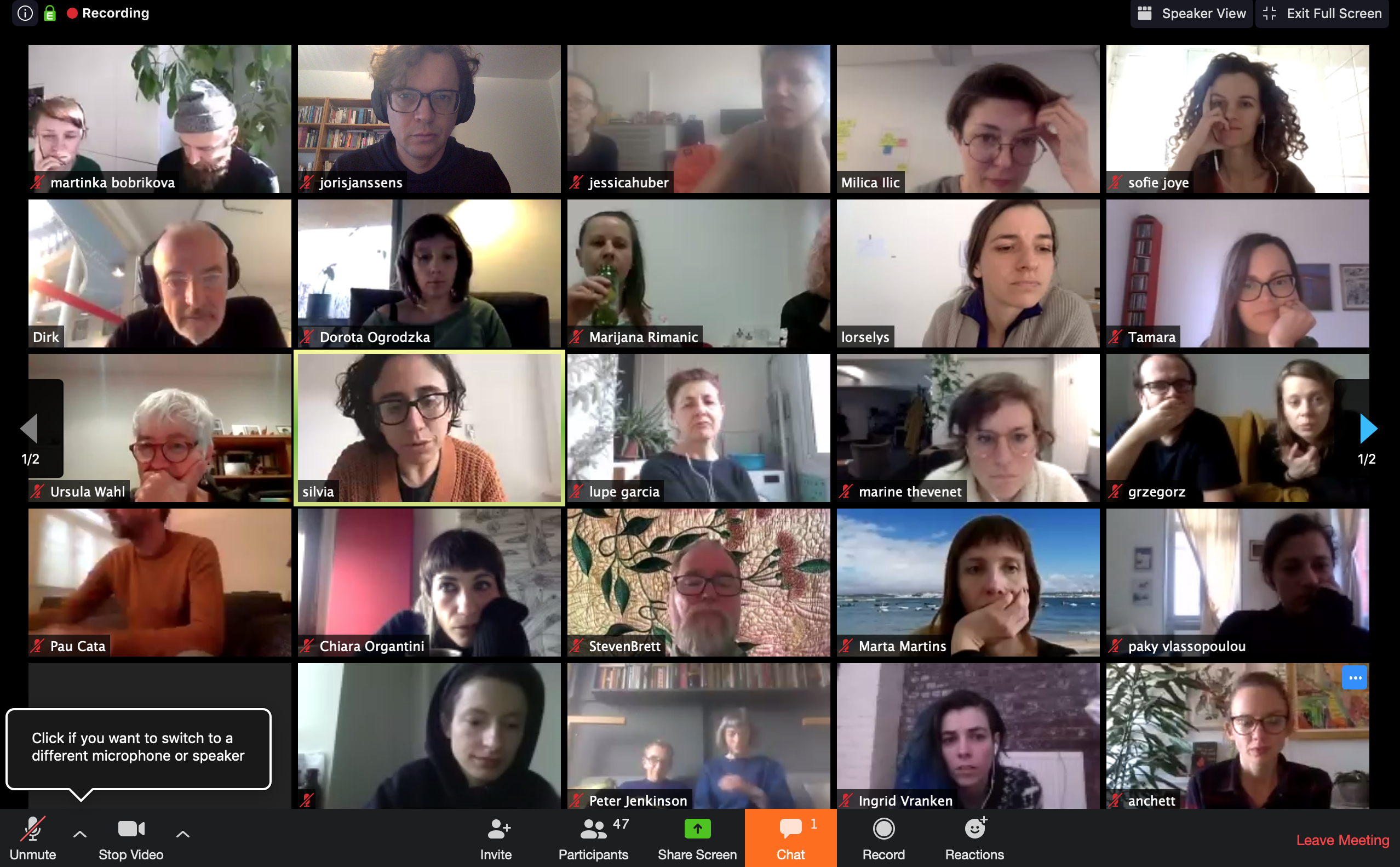
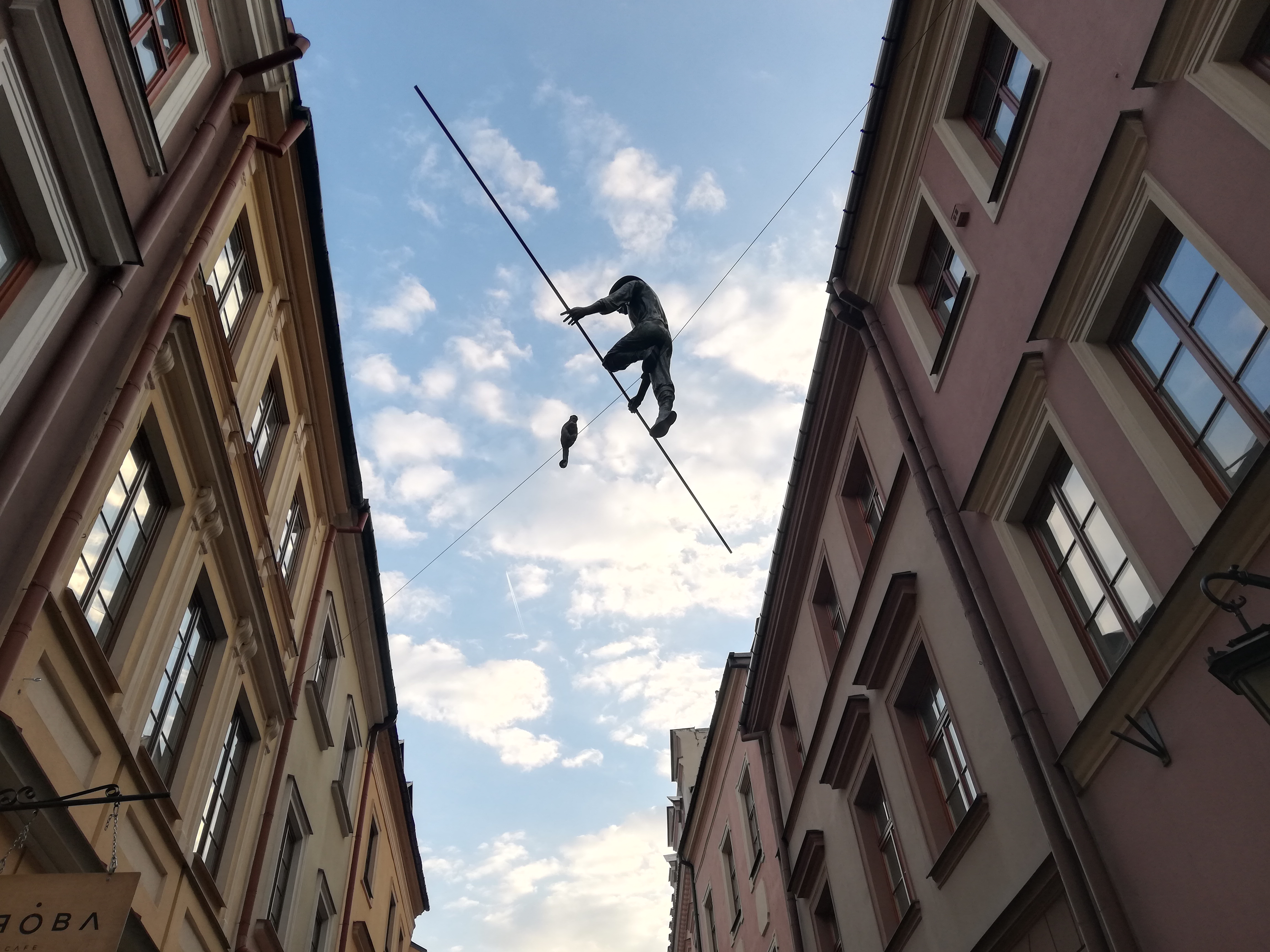
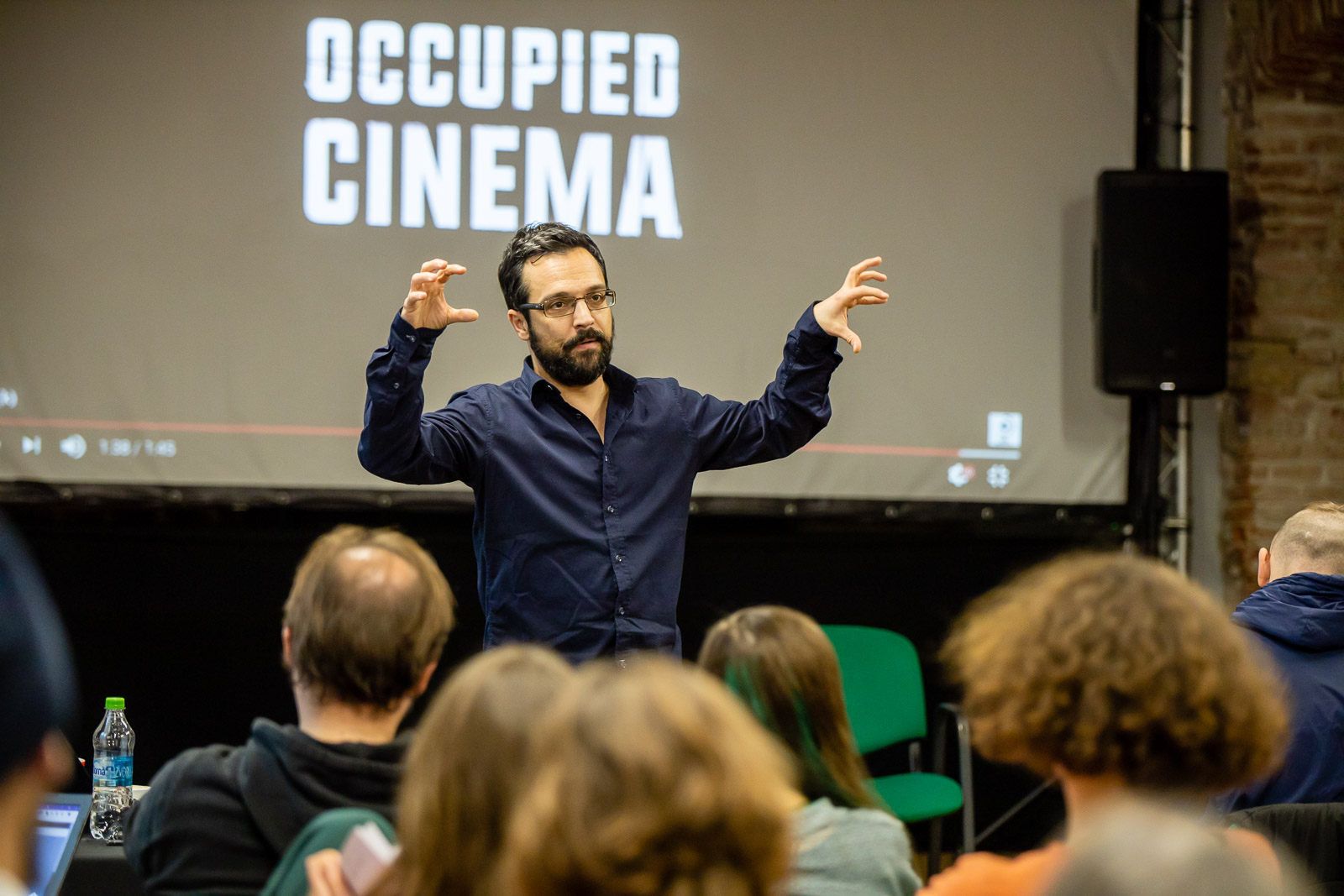
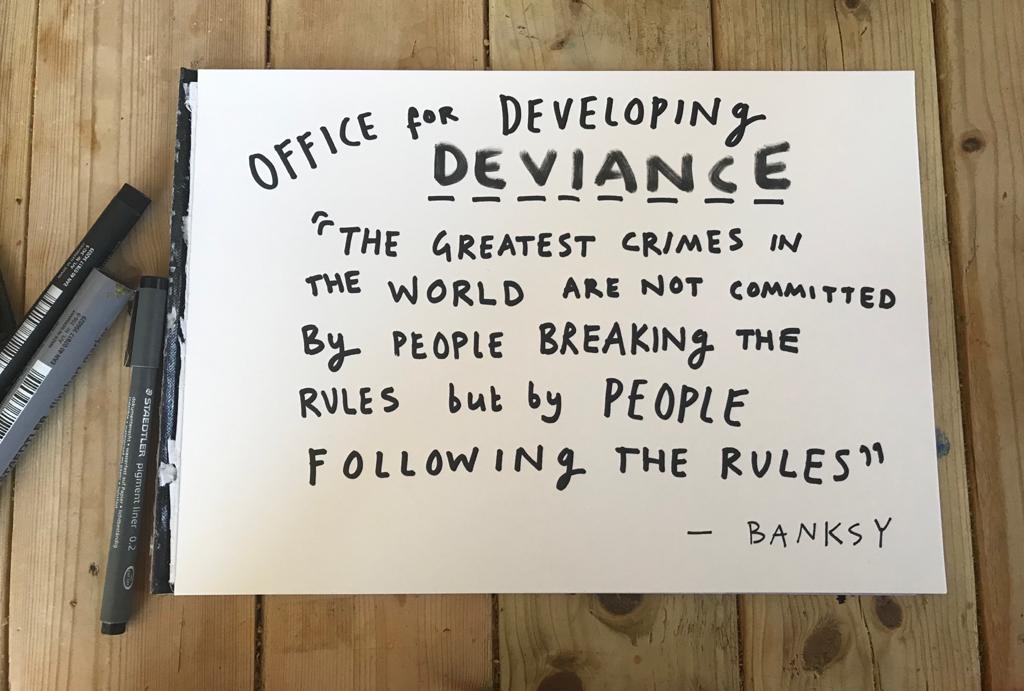
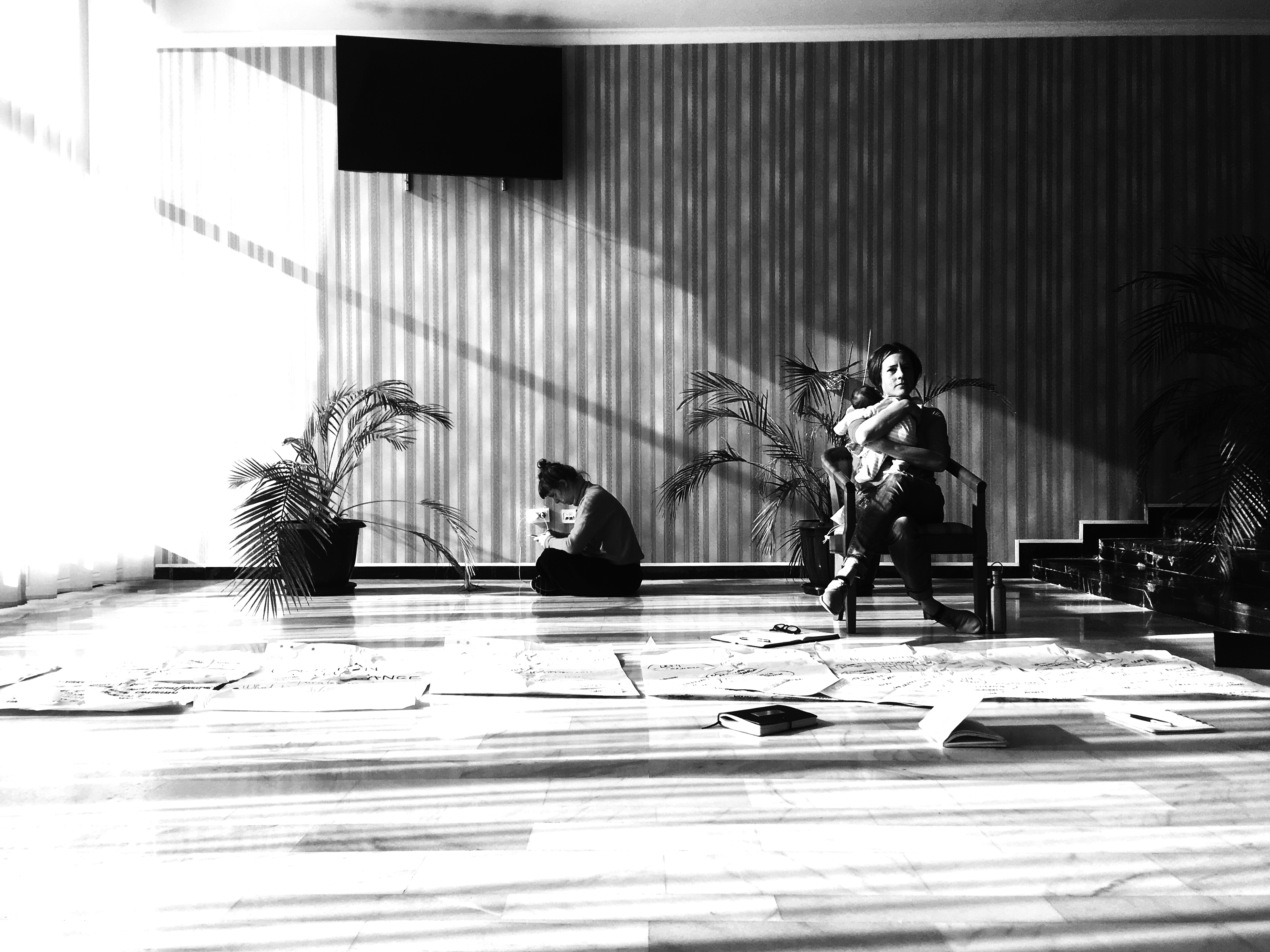
Creating the Department of Civil Imagination — An interview with Peter Jenkinson and Shelagh Wright
Shelagh Wright and Peter Jenkinson, both based in London, have been supporting creative and cultural work for progressive social and political goals throughout the world for many years. Their current projects include ODD, an action research ad/venture exploring positive deviance within socially-engaged cultural practice and creative activism. They are also involved with the pan-European Laboratories of Care programme and with investigating the contribution of cultural and creative activists to the new global Municipalist movement. In the context of RESHAPE, they have been the facilitators of the Art and Citizenship trajectory, asking the question: How can art radically reimagine new forms of citizenship and empower us to act? Here, active citizenship is a central connecting point, on which we expound in this conversation.
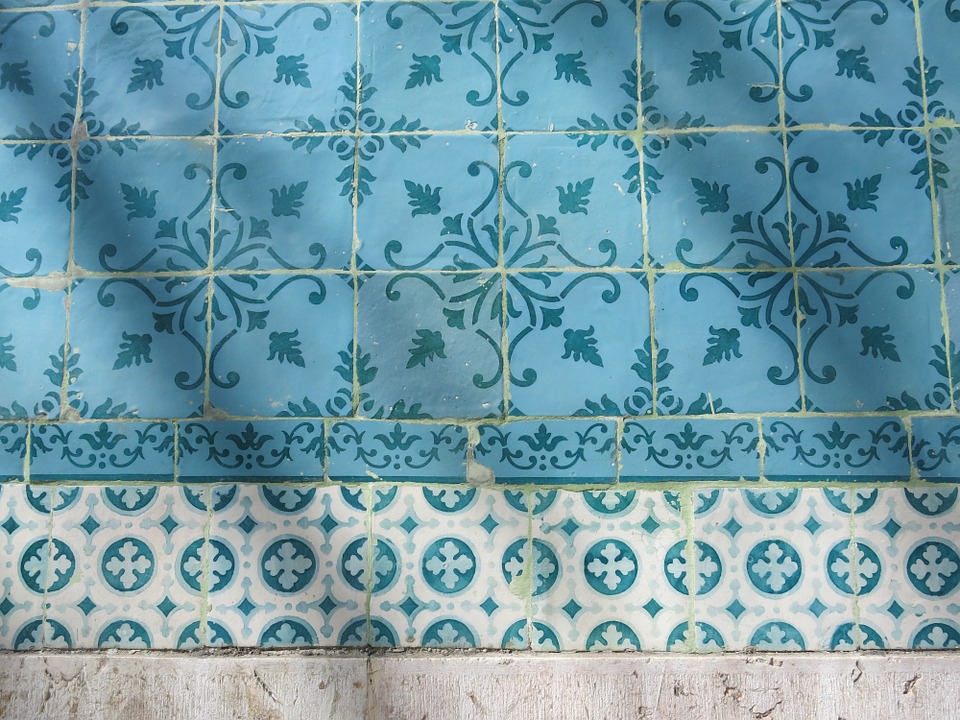
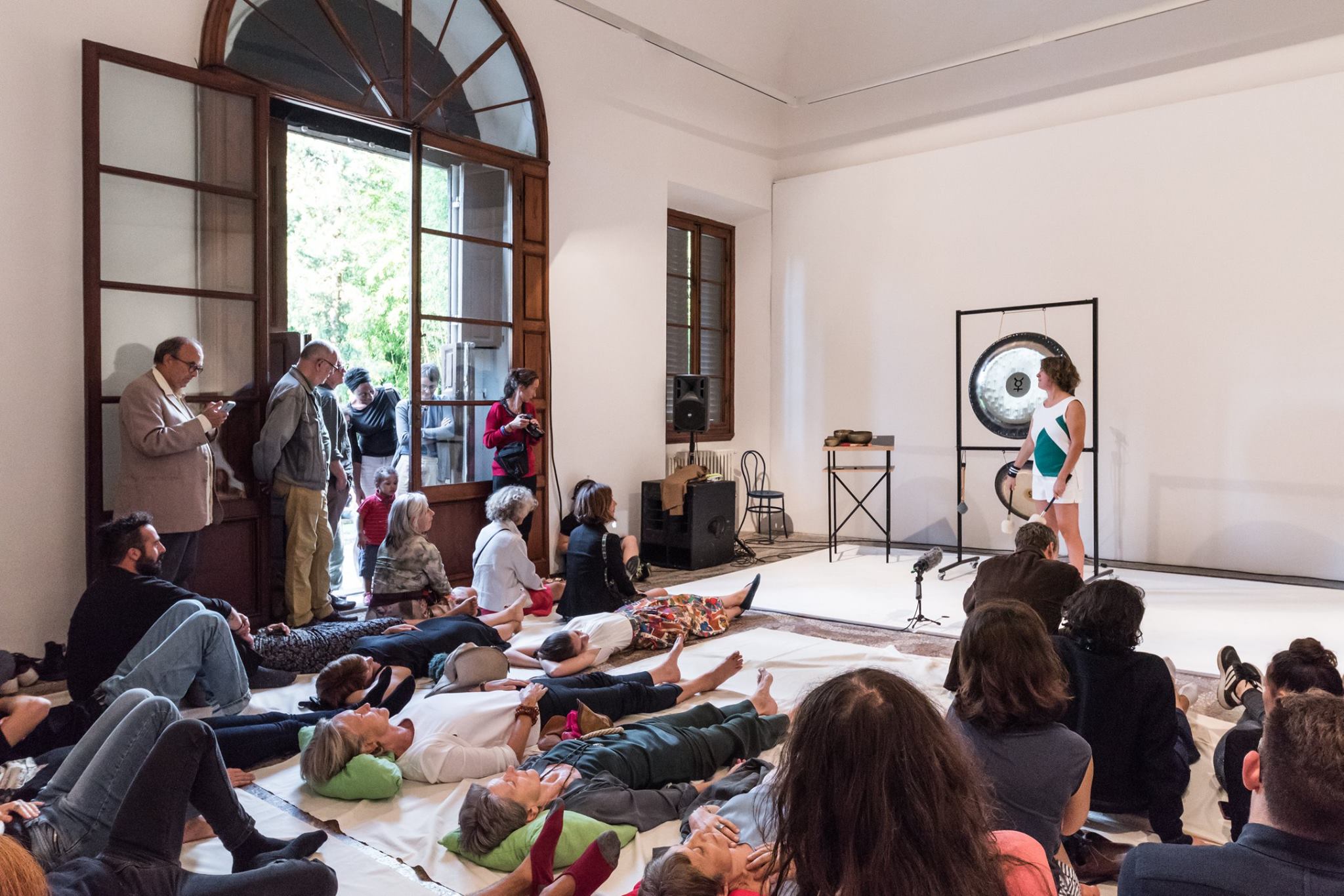
Radio is a Social Medium
Created 15 years ago, Radio Papesse is an online audio archive devoted to contemporary art and a place for the documentation and the articulation of a critical discourse around the visual arts. At the same time, it is a platform that brings together artists, musicians and producers and opens up space for interesting projects of sonic storytelling. Its creators, Carola Haupt and Ilaria Gadenz entered the radio venture at a time when it was quite marginalized, if not obscure medium but, in the meantime, new audiences have discovered its various potentials. In conversation with Ilaria we learned more about the radio as a medium in presenting contemporary art, but also as a tool for community building, especially in times of social isolation.
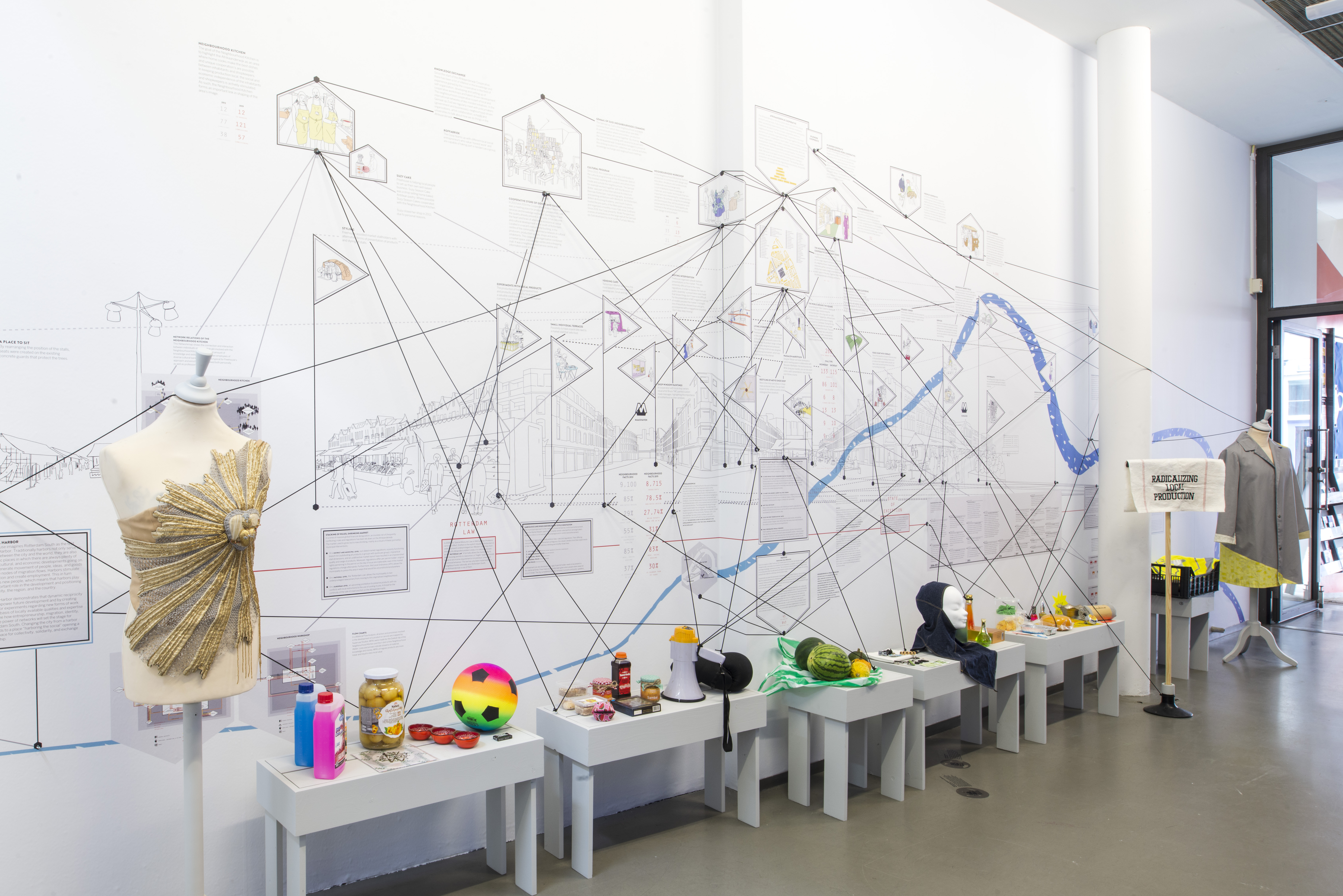
From Freehouse to Neighborhood Co-op: The Birth of a New Organizational Form
About twenty plus years of urban development and artistic research efforts initiated by artist Jeanne van Heeswijk in her native Rotterdam. The challenge of a neighbourhood culture that is organized through cooperative methods is to be exceedingly aware of how it changes and why. It must always be questioning what agendas are driving it forward and whether it is living up to its values.
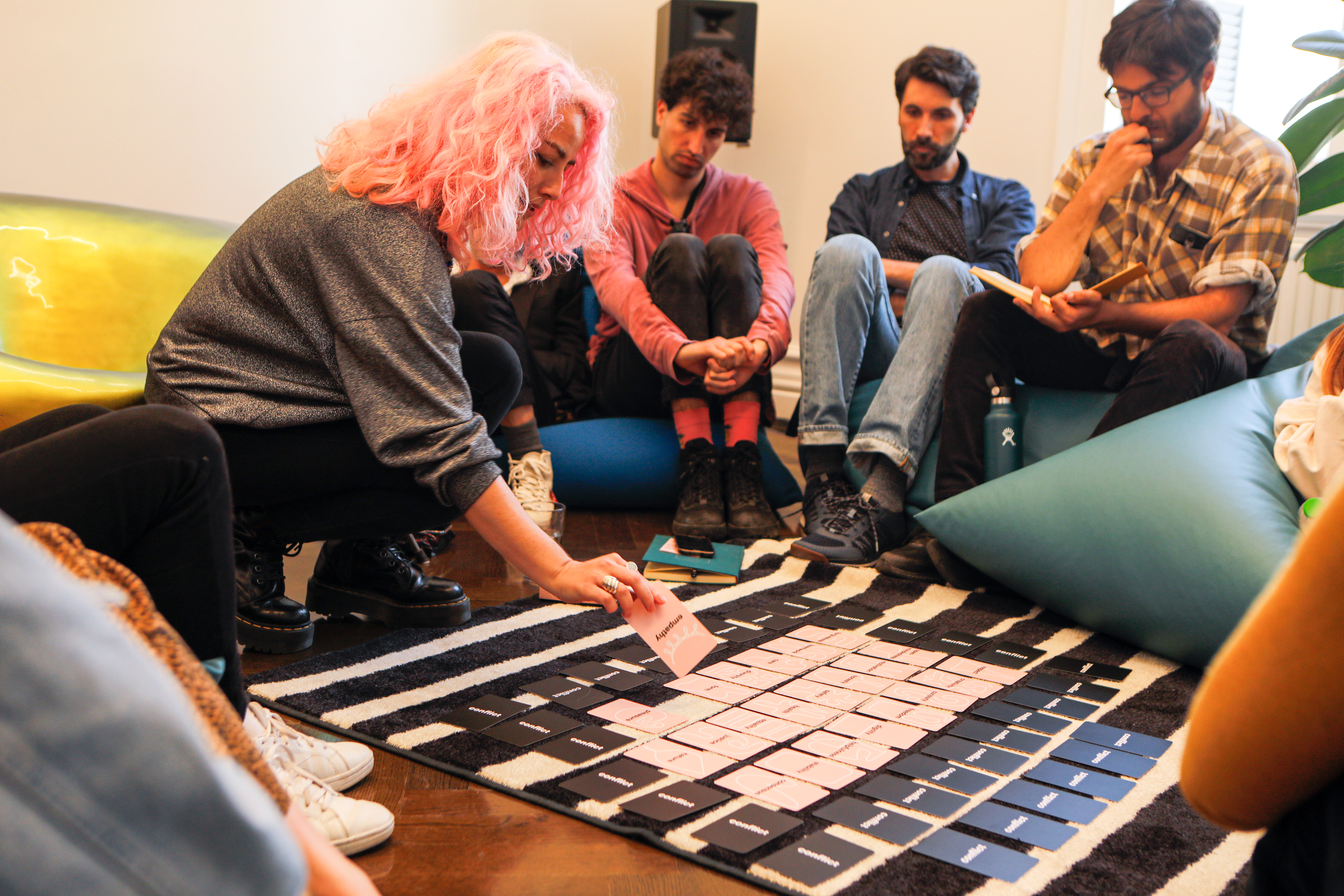
RESHAPE PROTOTYPE ON THE ROAD - The Gamified Workshop Toolkit: Values of Solidarity in Athens!
Finally together on-site!The Reshape team has been working hard during the months of pandemic - and the results are here! Tangible, intangible, in the form of ideas and concepts, but also games, cards and publication.
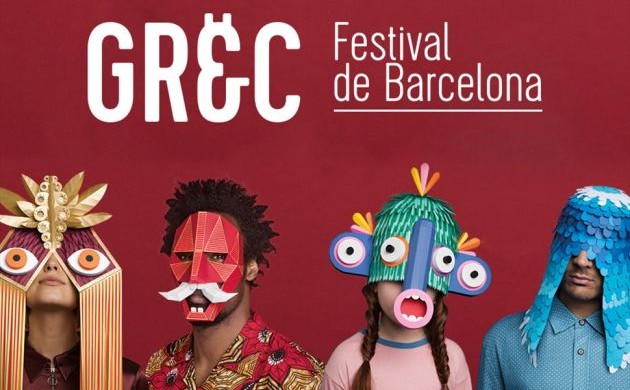
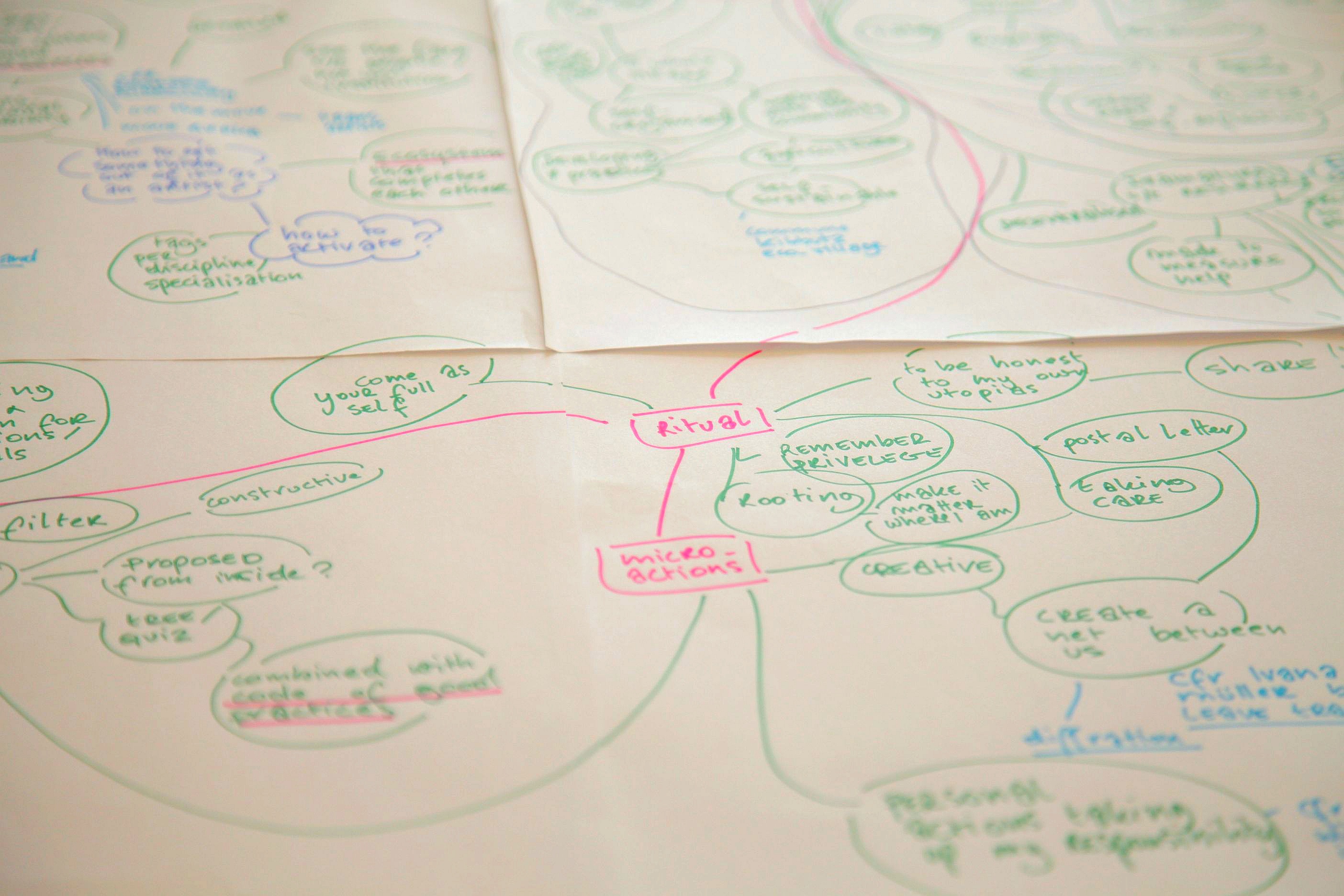
On Mobility, Rituals, and Senses – Post- and Transnational Explorations — An interview with Marta Keil
Marta Keil is a performing arts curator and researcher who co-runs the Performing Arts Institute in Warsaw, Poland. She has collaborated as a curator and dramaturge with a number of artists and works on a regular basis in a curatorial tandem with Grzegorz Reske (ResKeil). She is also the editor of several publications on performance and politics. She has been the facilitator of the Transnational/Postnational Artistic Practices trajectory in RESHAPE, which engaged with questions of imagining an artworld ‘after the national’, starting from the broader notion of the political map and how it affects cultural practices. In this interview, she spoke to us from Warsaw, about some of the processes and outputs of her trajectory within RESHAPE.
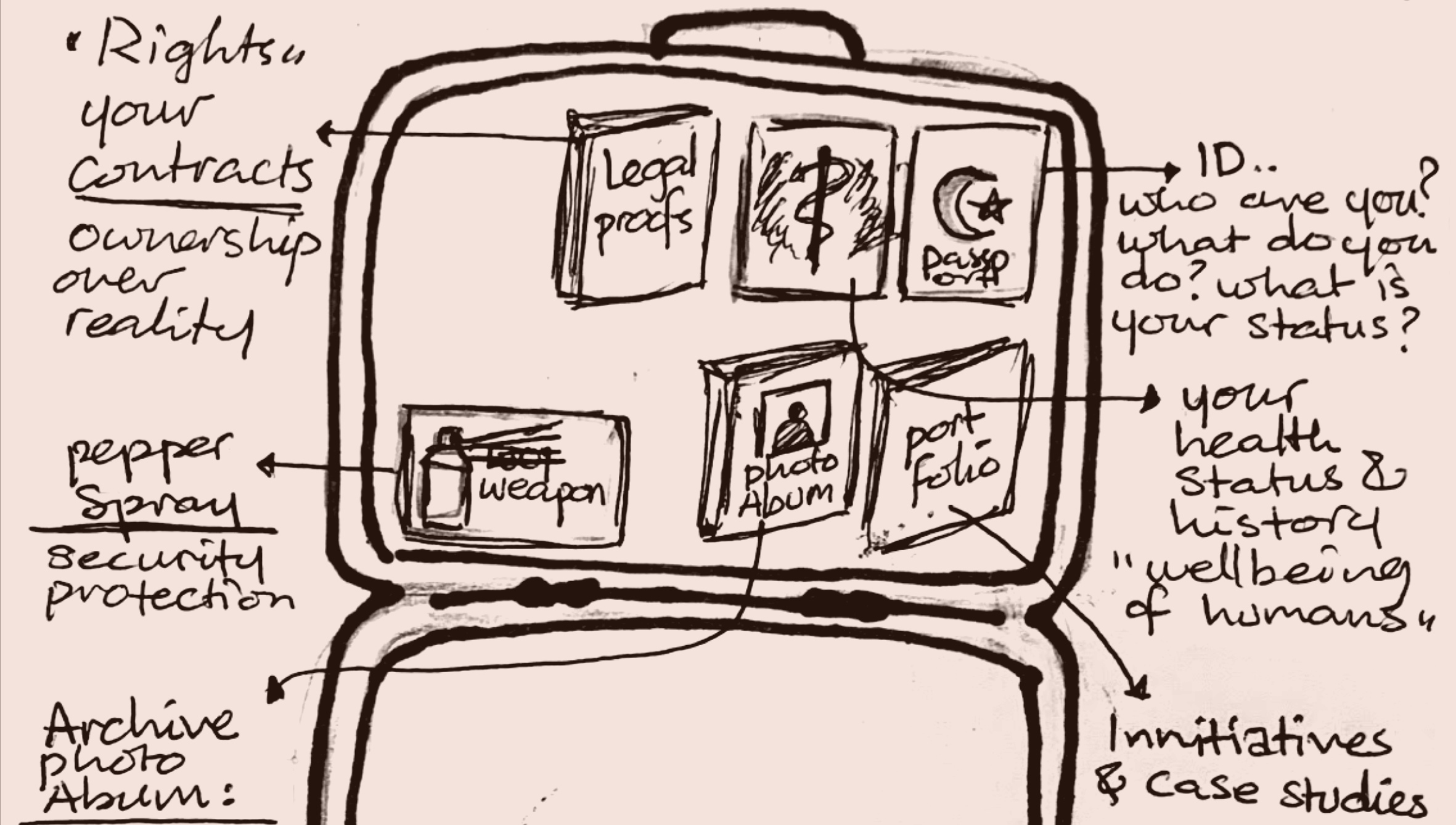
The Home, the Suitcase, and the Social Fabric — An interview with Pedro Costa
Pedro Costa is professor at the Department of Political Economy at the ISCTE – Instituto Universitário de Lisboa and director of DINAMIA’CET-iscte (Research Center on Socioeconomic Change and Territory). An economist with a research specialization in urban and regional planning, Costa works on areas of territorial development and cultural economics. In the context of RESHAPE, he was the facilitator of the trajectory Value of Art in the Social Fabric, where the question of how to better understand the impact, tangible and intangible, of artists and their work on the local context was raised. In this conversation, we explore some of the processes and outputs of this trajectory.
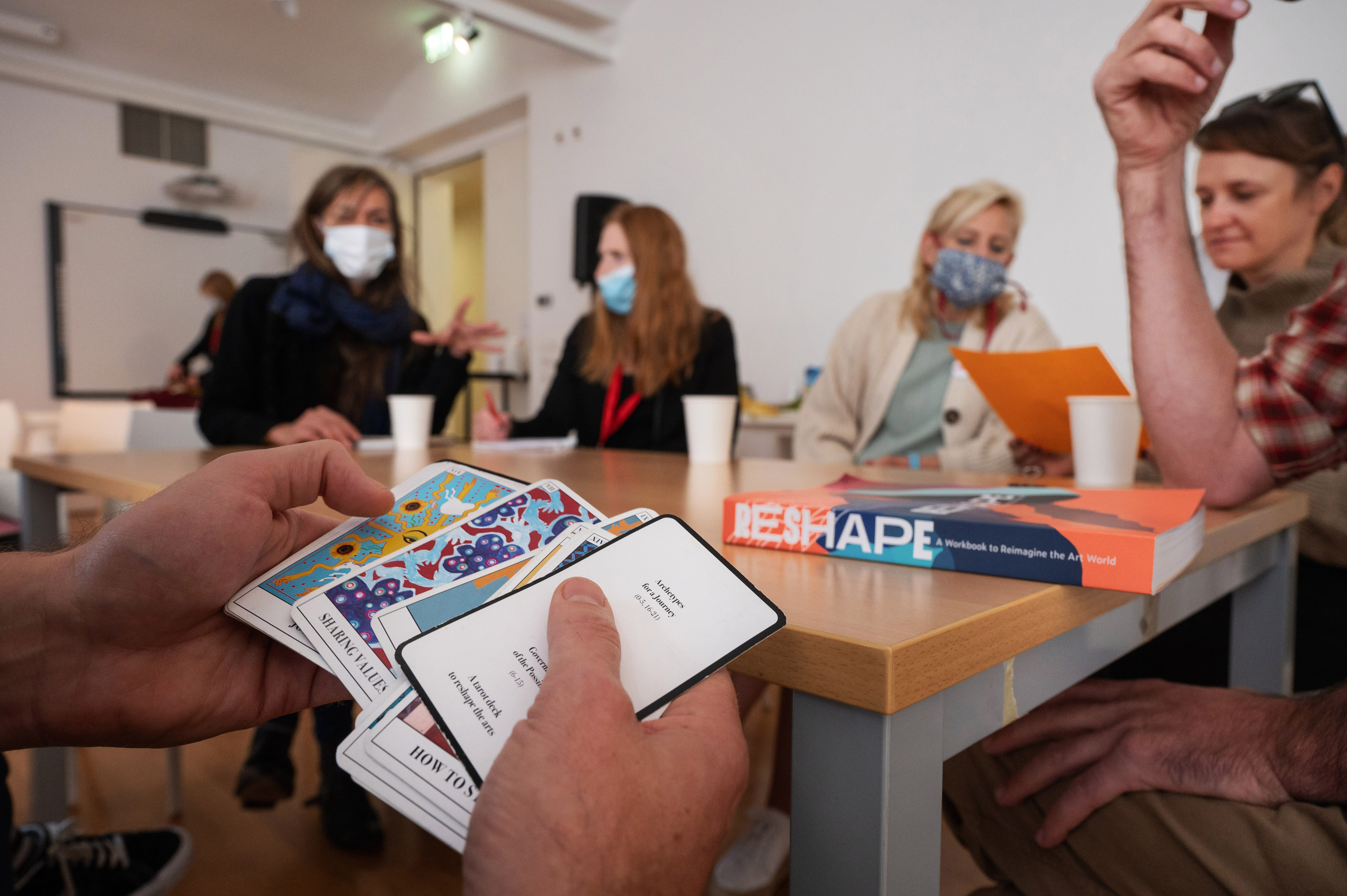
RESHAPErs Guide To Changing the (Art) World
By Tjaša Puber What follows is by no account an objective attempt to reflect the events of the final conference of RESHAPE project. Albeit not a part of the project itself, I was invited to participate on the conference on three separate events as a speaker, and can therefore only offer an insight from (sort of) within. Then again – RESHAPE never pretended to be anything but that. An inside job of trying to change the (art) world.
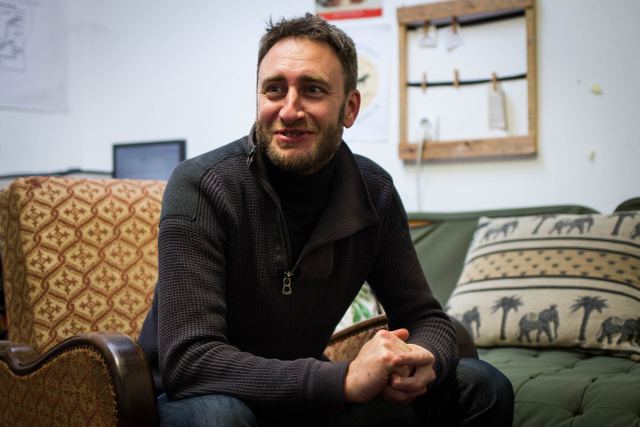
Cancelled // Vincent Liegey: To Reshape Well, Let's Degrowth
"Degrowth" has emerged over the last 15 years. This "bomb word" has been used to open in-depth debates on whether infinite growth in a finite world is desirable or even possible. Degrowth first deconstructs the myth that growth is the central solution for the impasse our capitalist, productivist and consumerist societies have led us to.
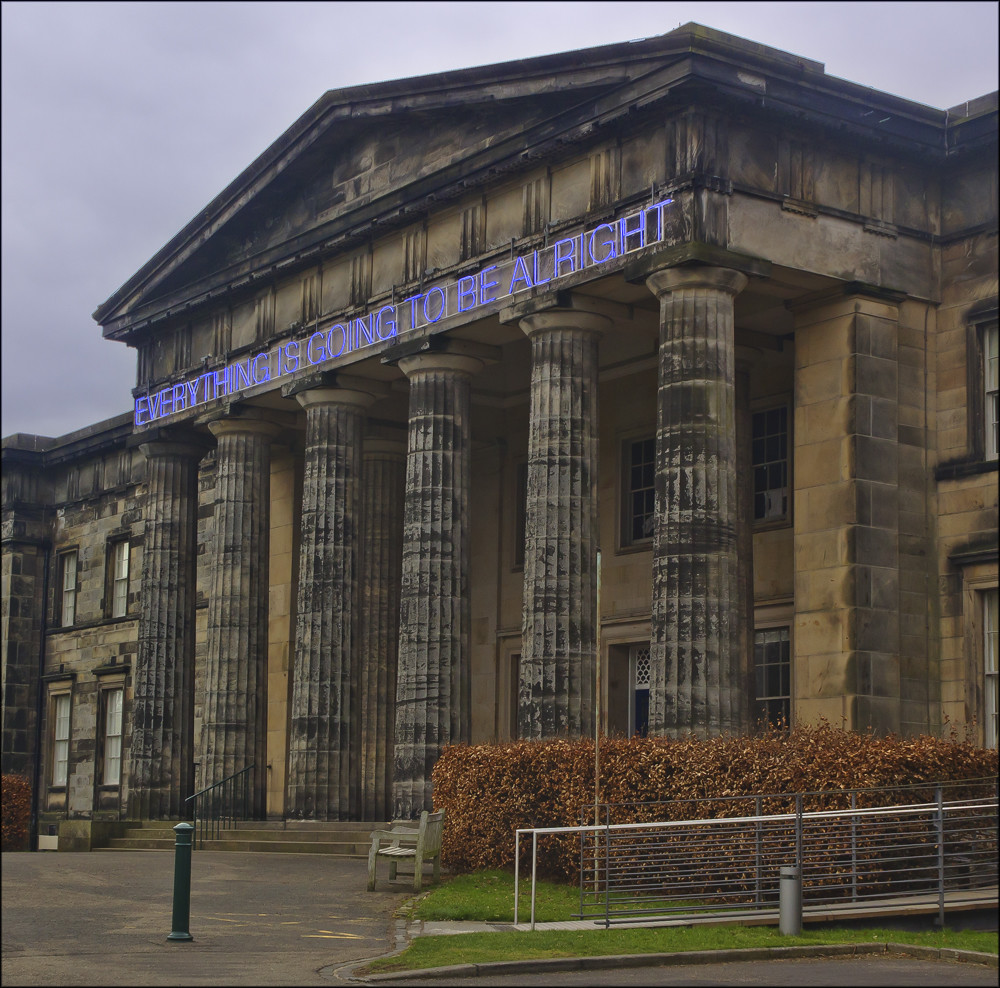
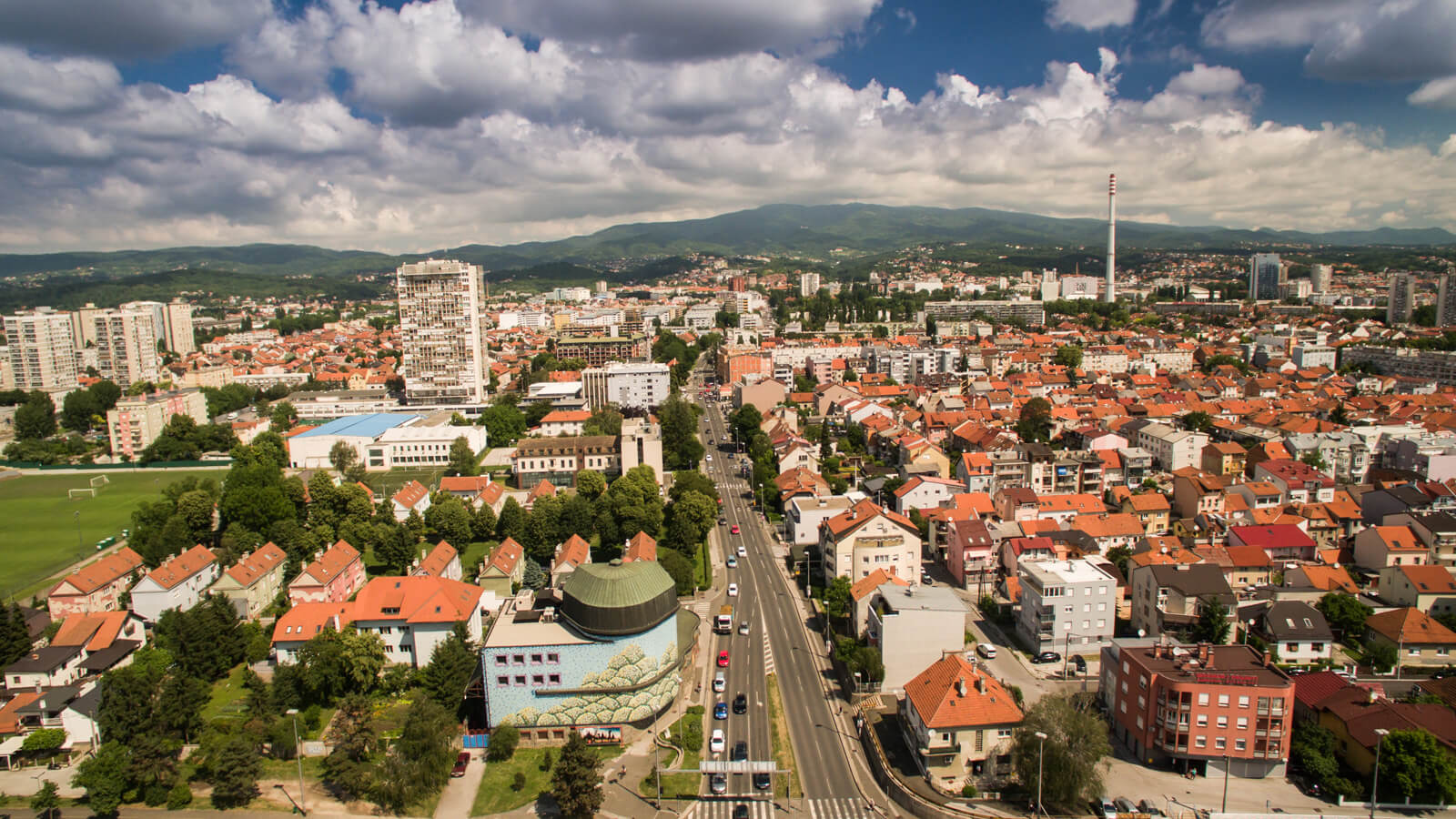
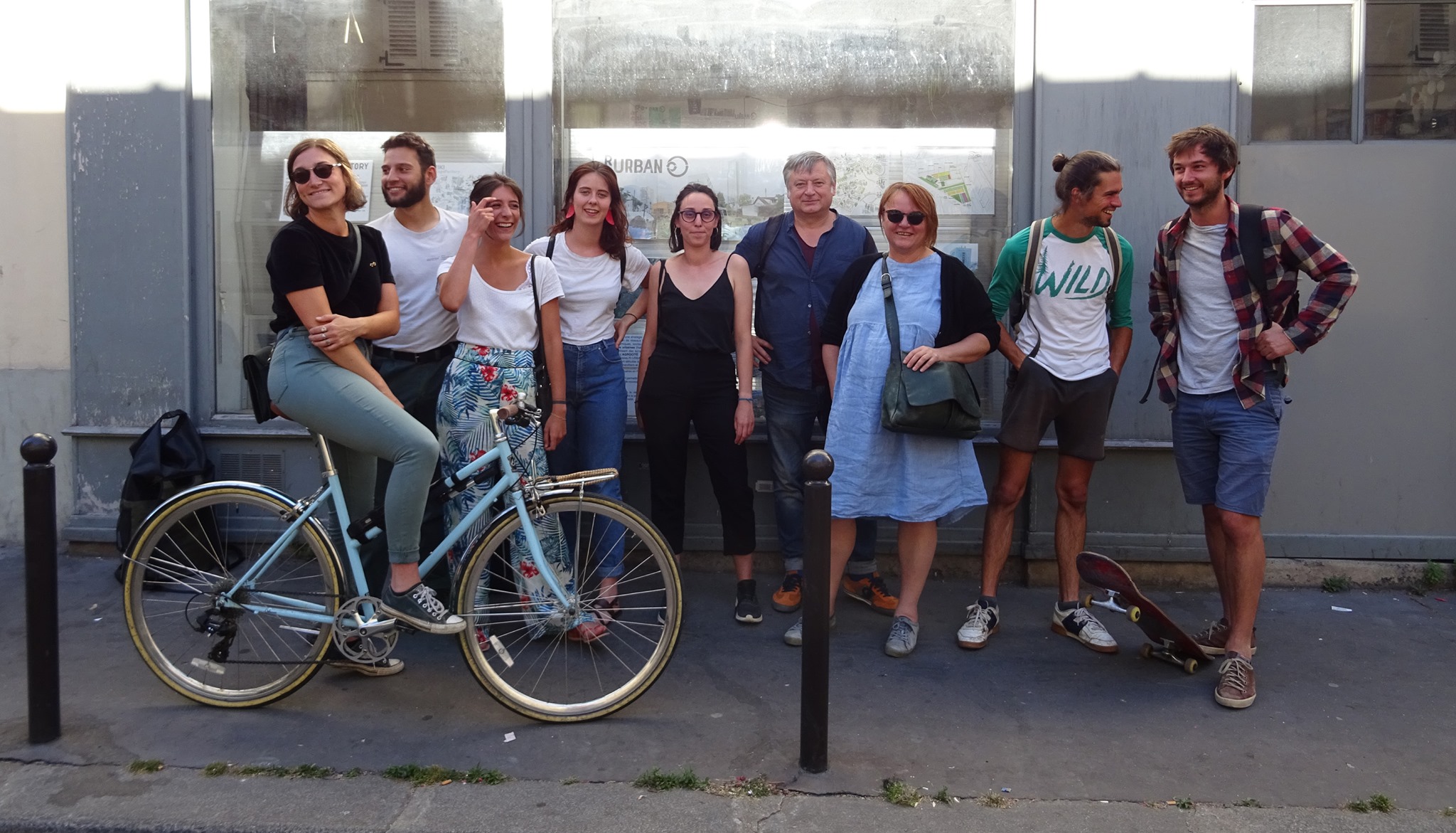

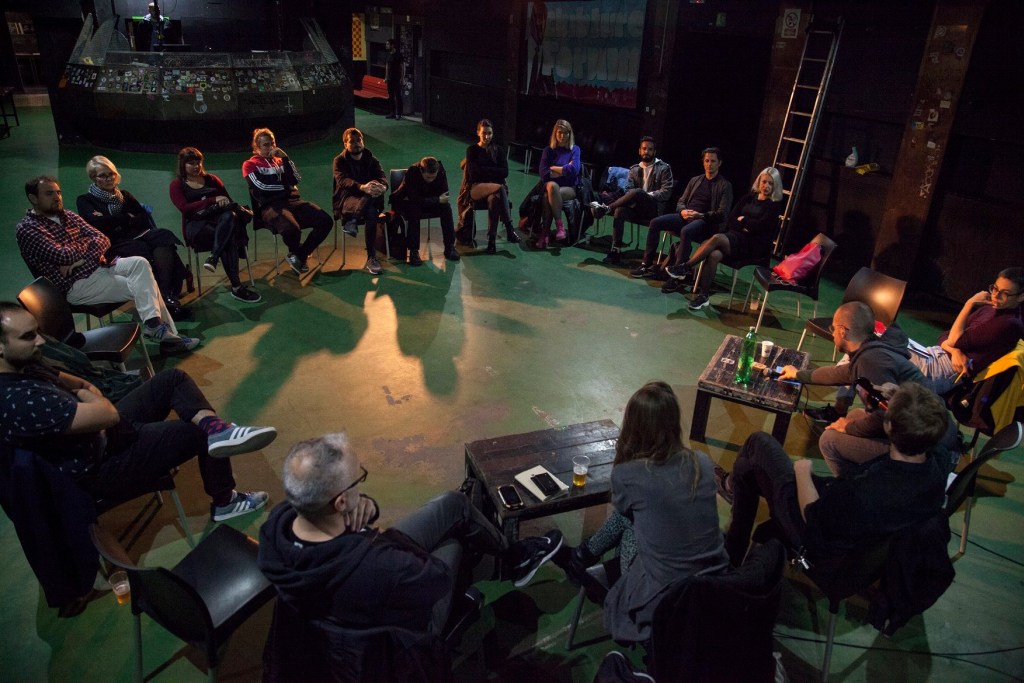
Cancelled // Clubture Network: Cultural Decentralisation Through Collaboration
Clubture Network is a non-profit, inclusive, participatory network of organizations working on strengthening the independent cultural sector through program networking, raising public visibility, encouraging organizational development of the sector and strengthening its influence on the institutional framework in which it operates.
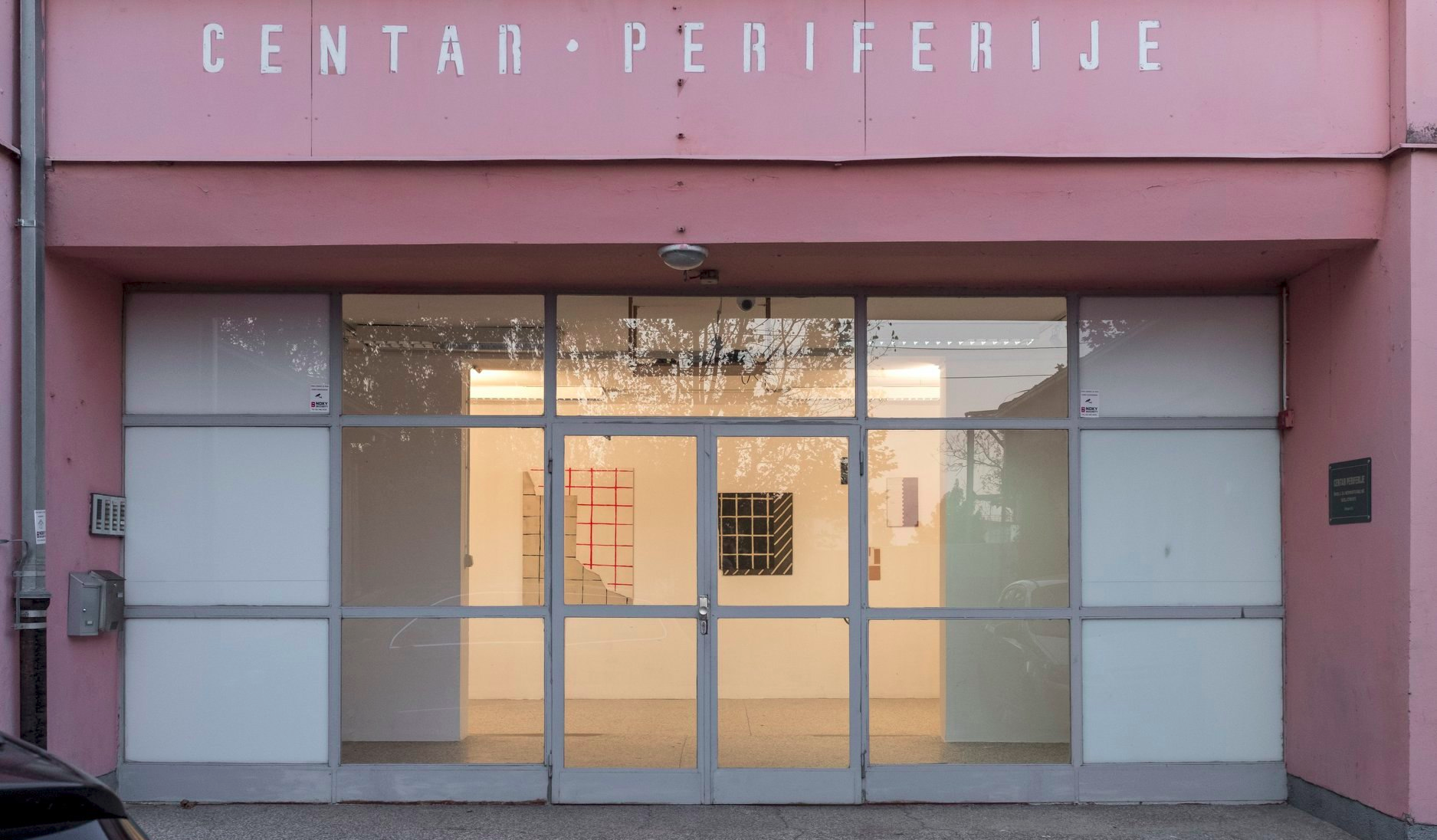
Visit to Ateliers Žitnjak
The artistic organization Ateliers Žitnjak was founded in 2004 by the fellowship of artists, users of the ateliers in the complex of ex-elementary school Žitnjak, a venue under the public ownership of the City of Zagreb, that was re-made into ateliers in 2003.